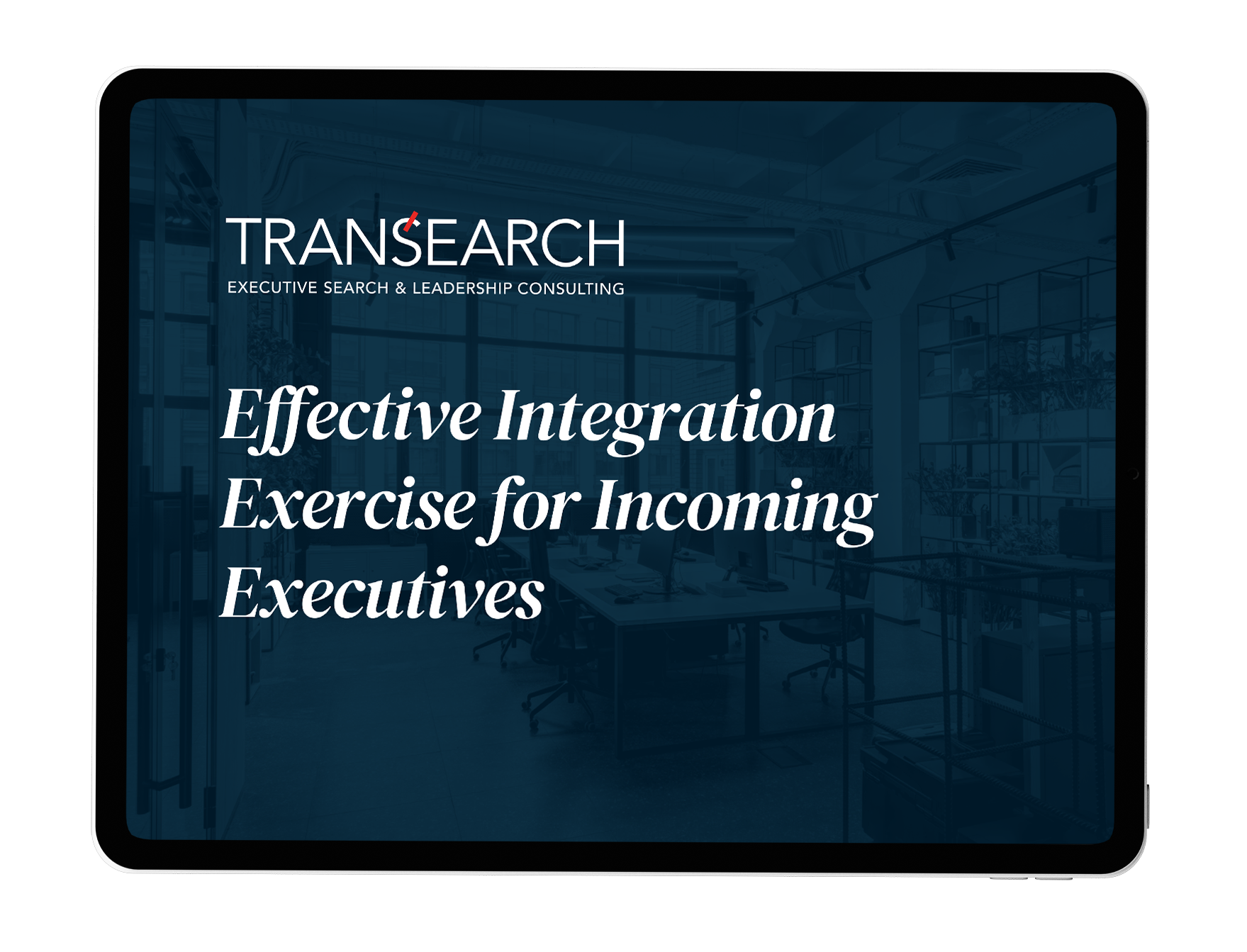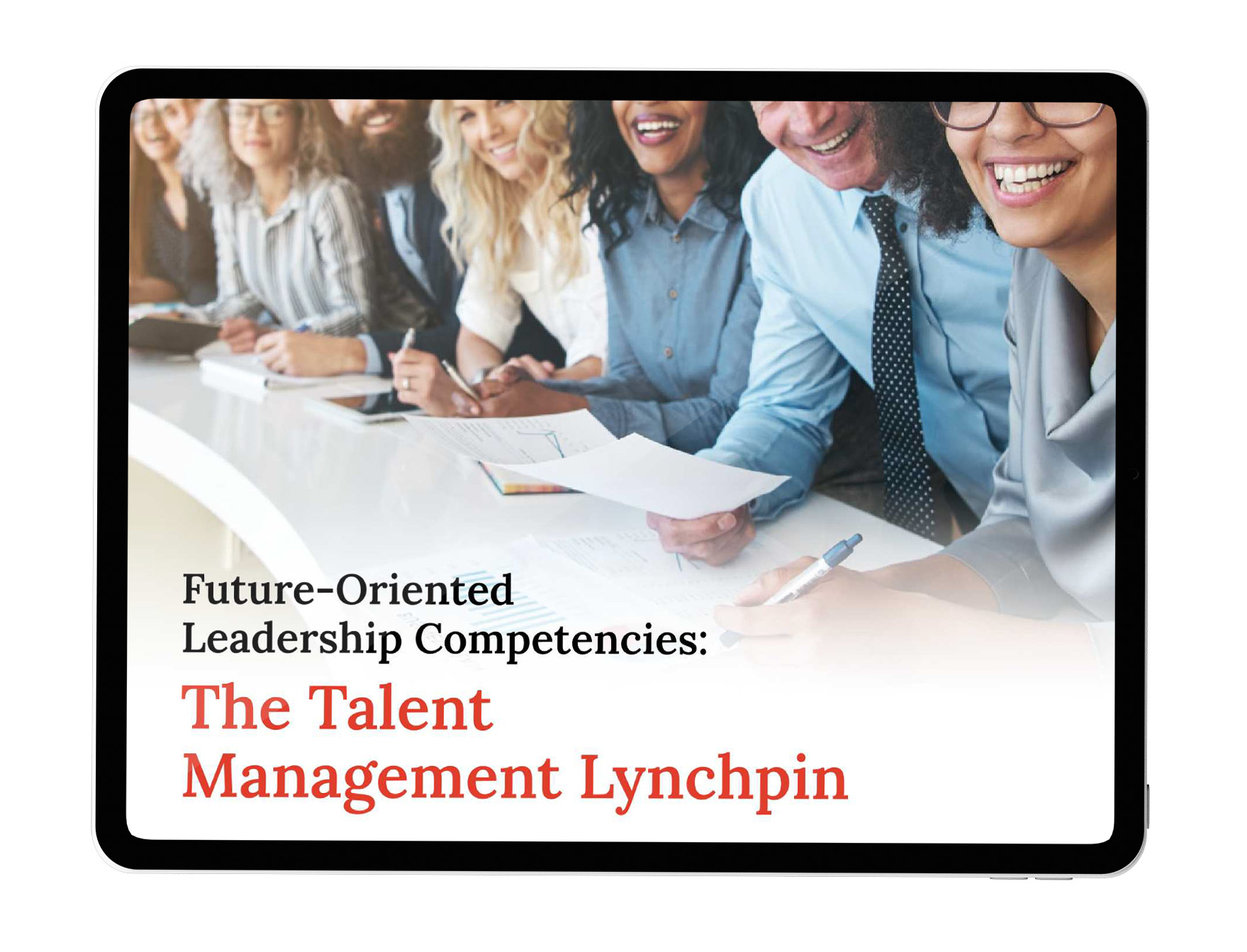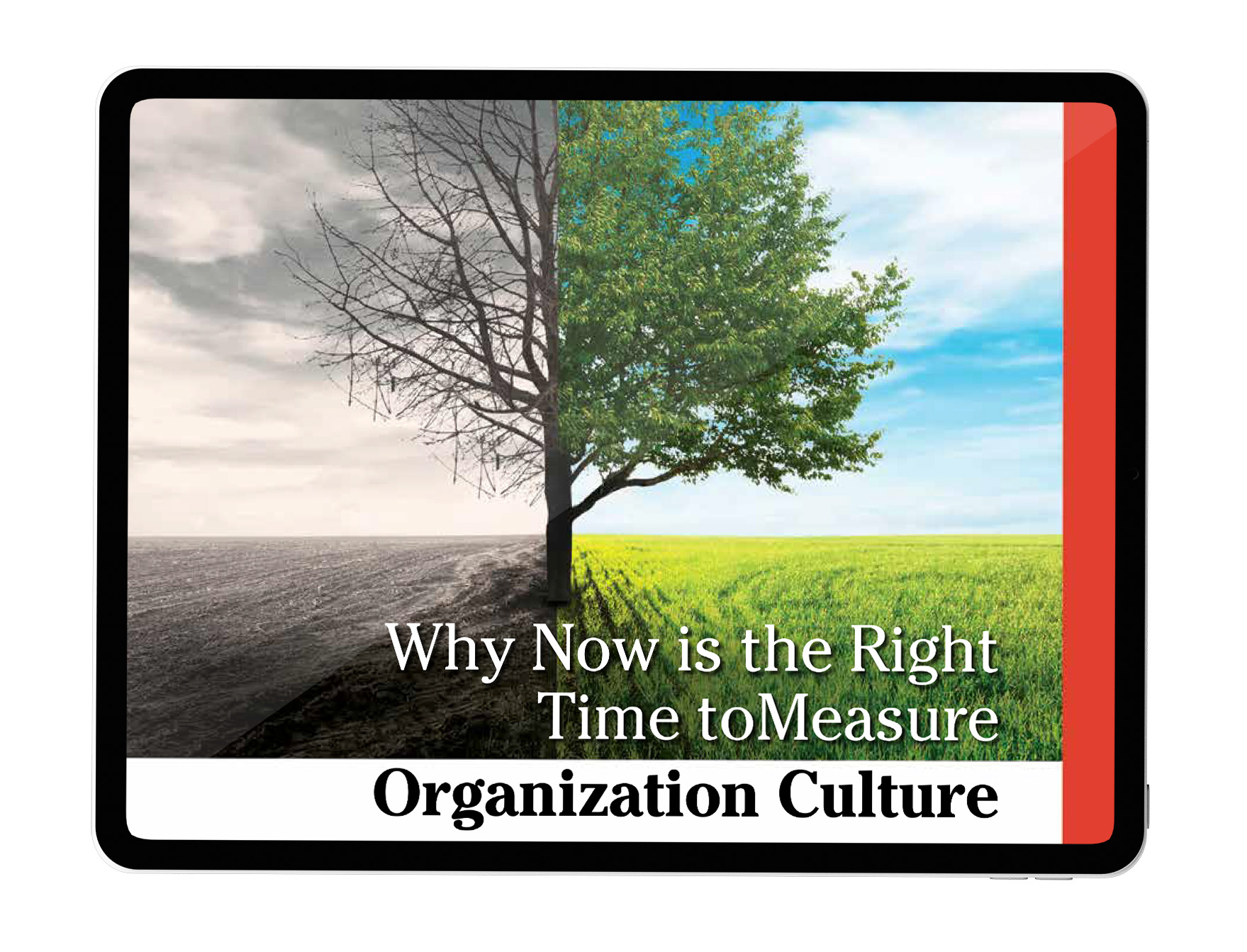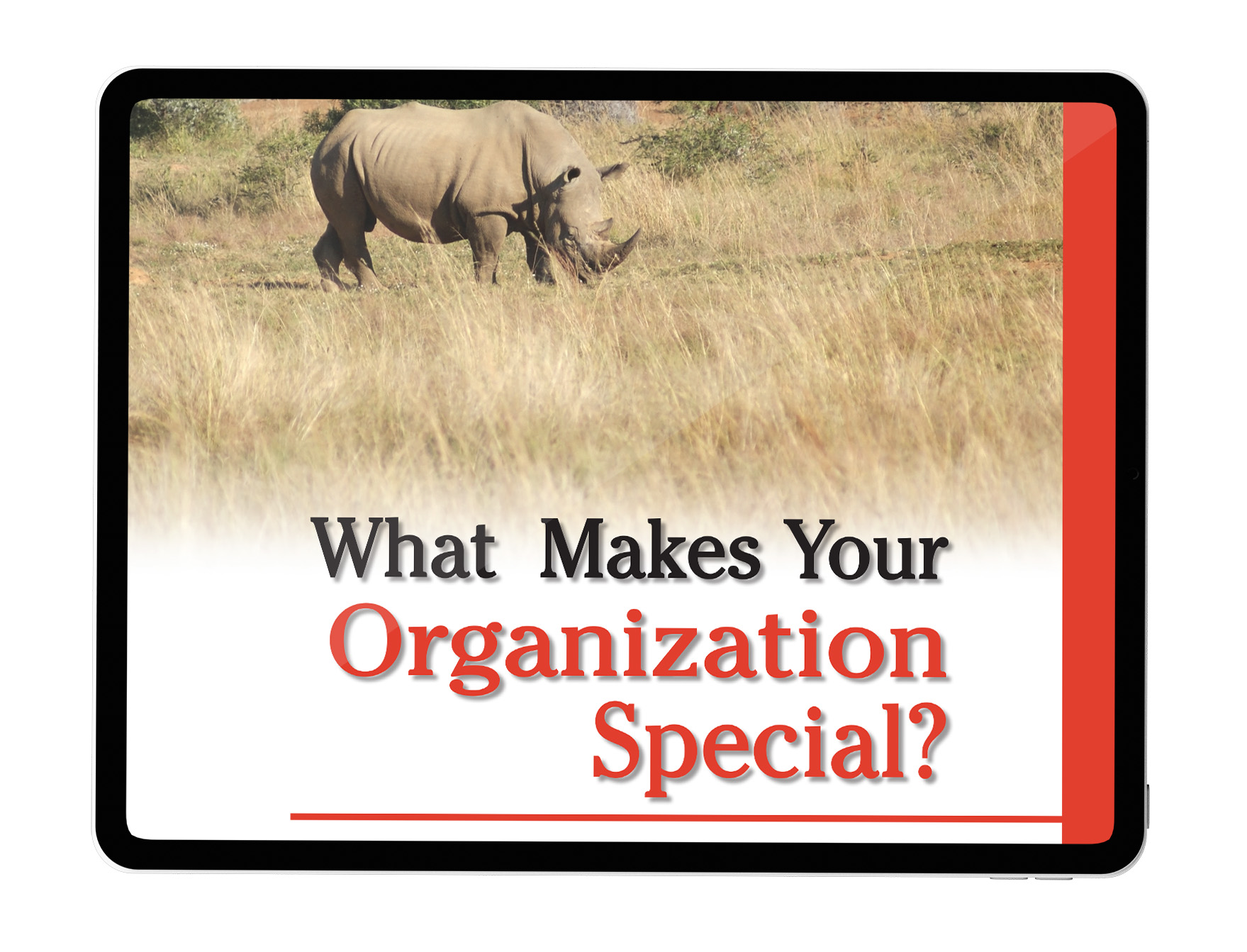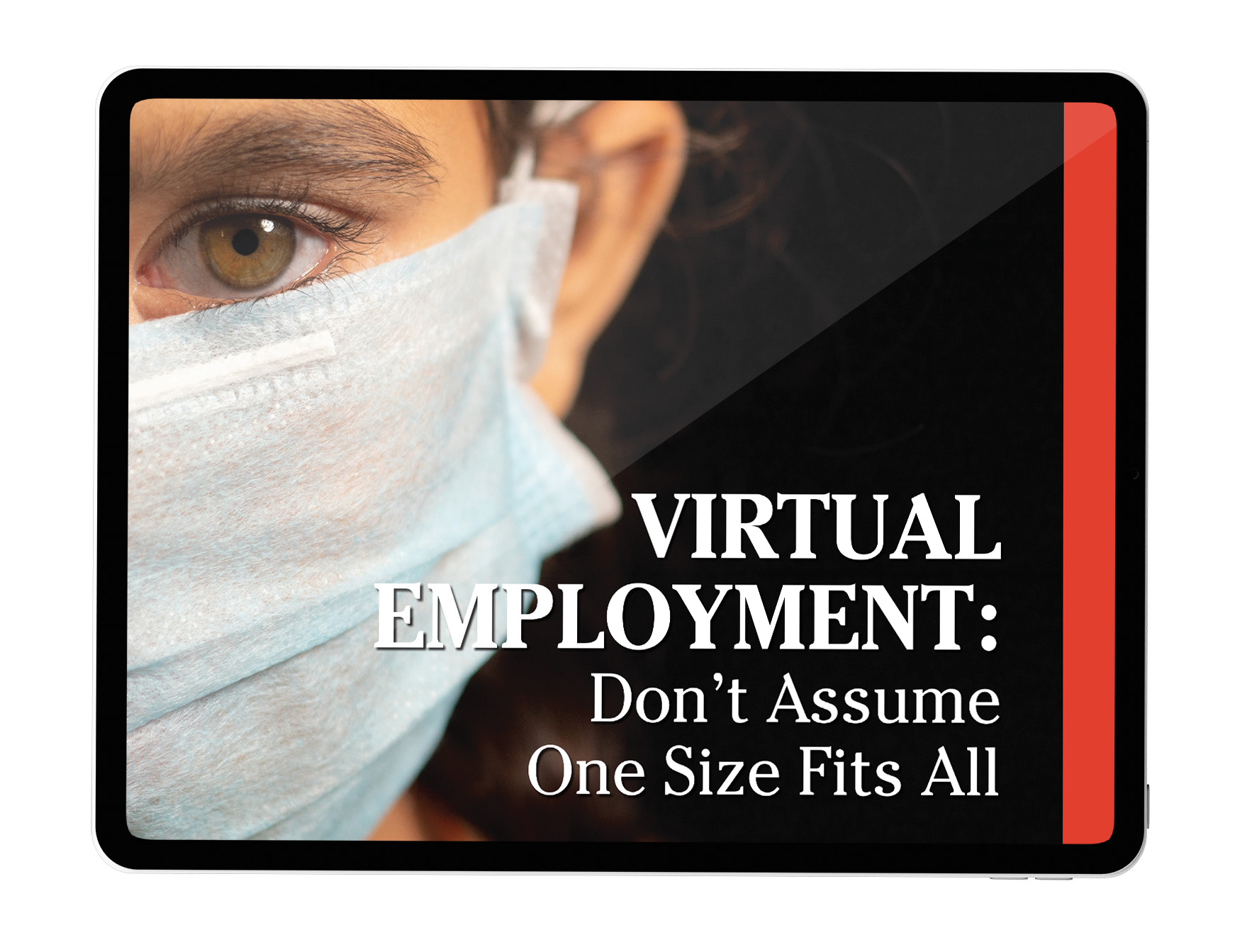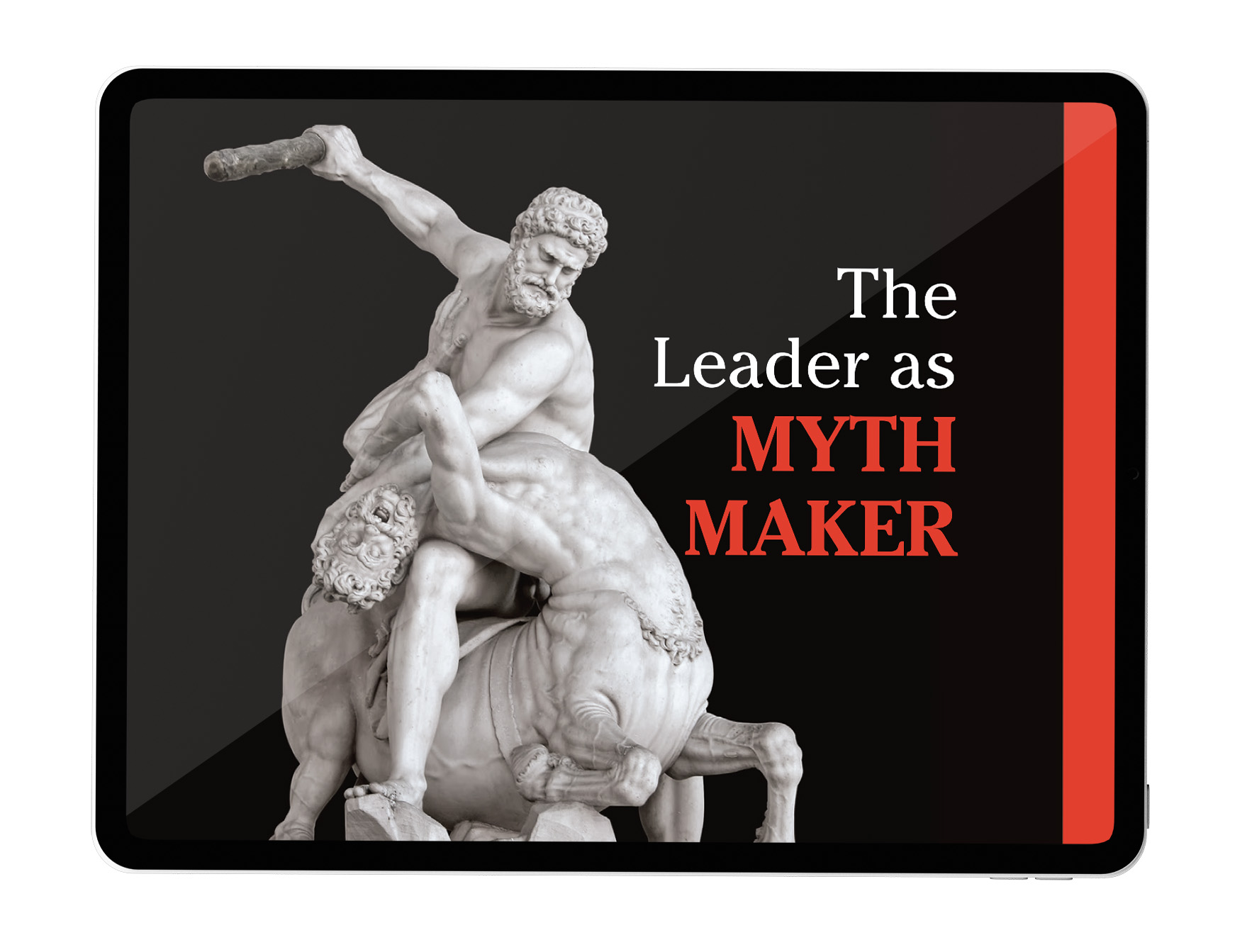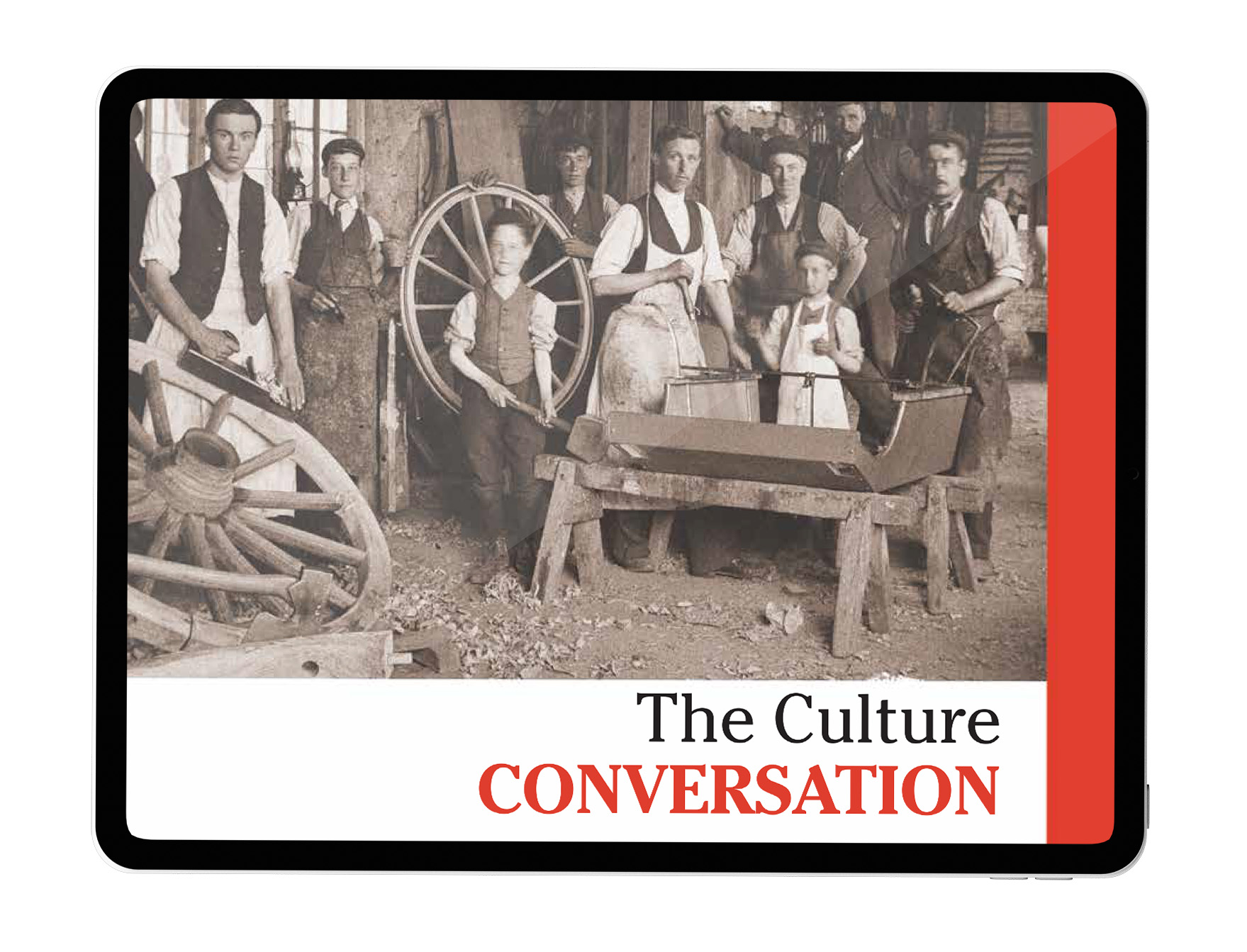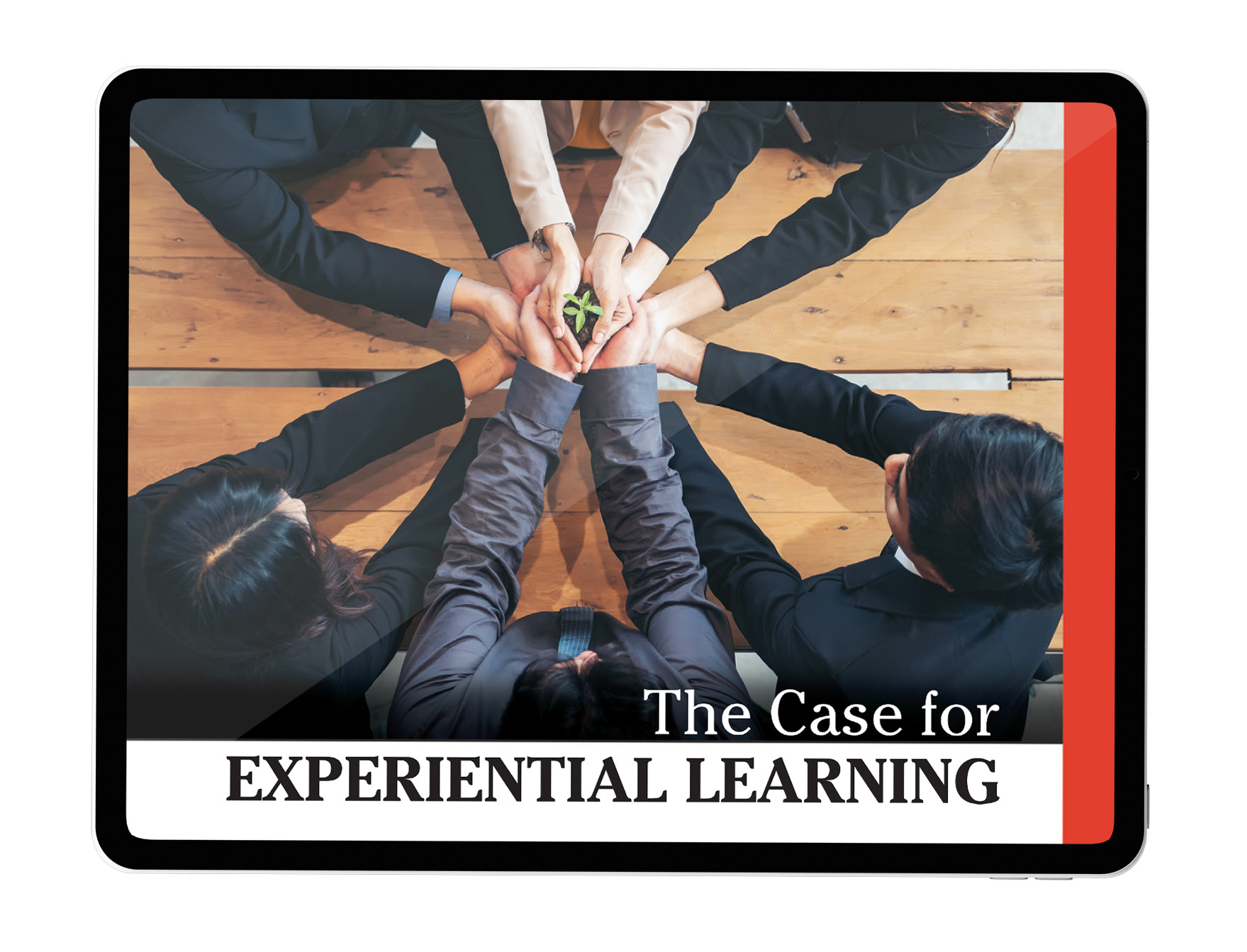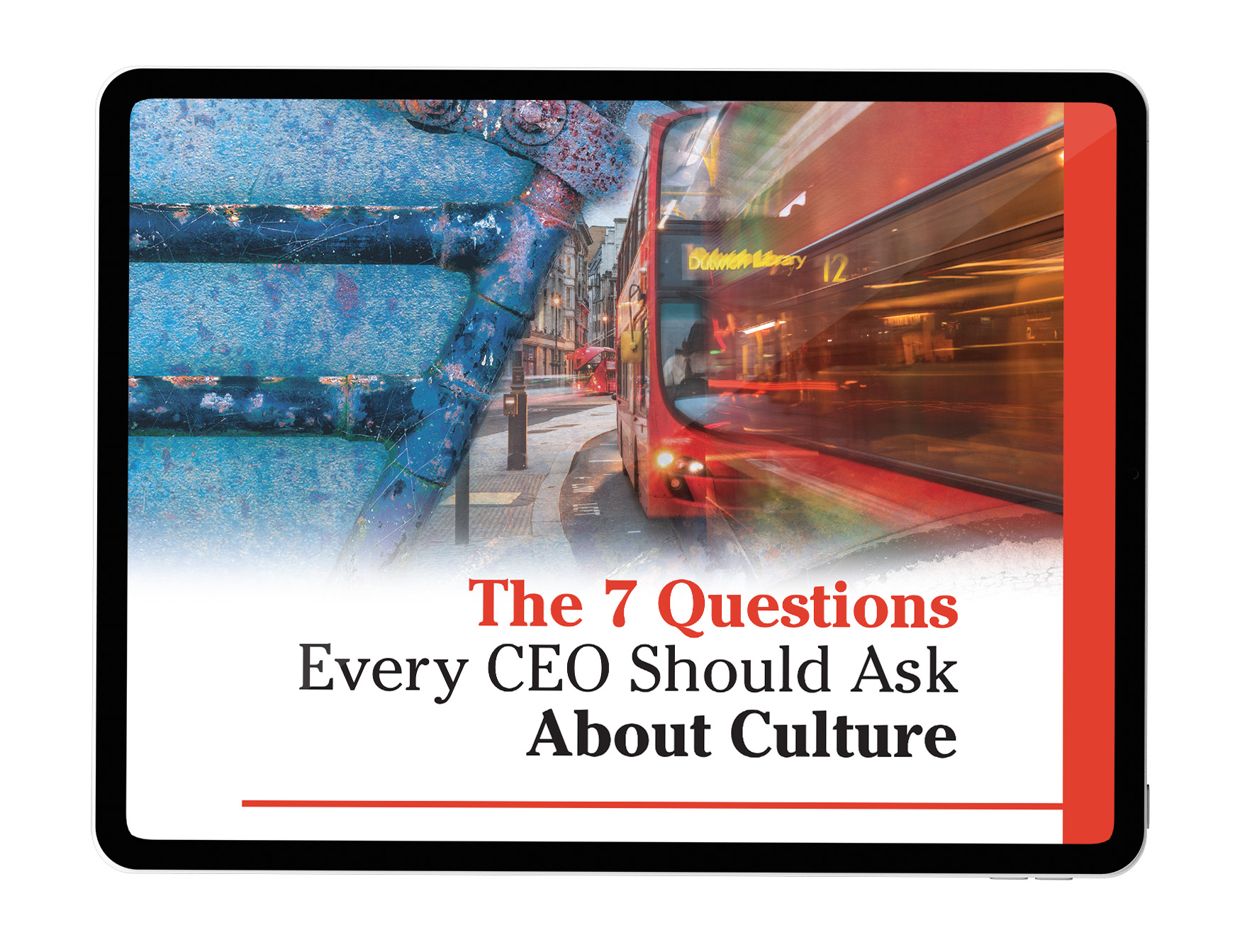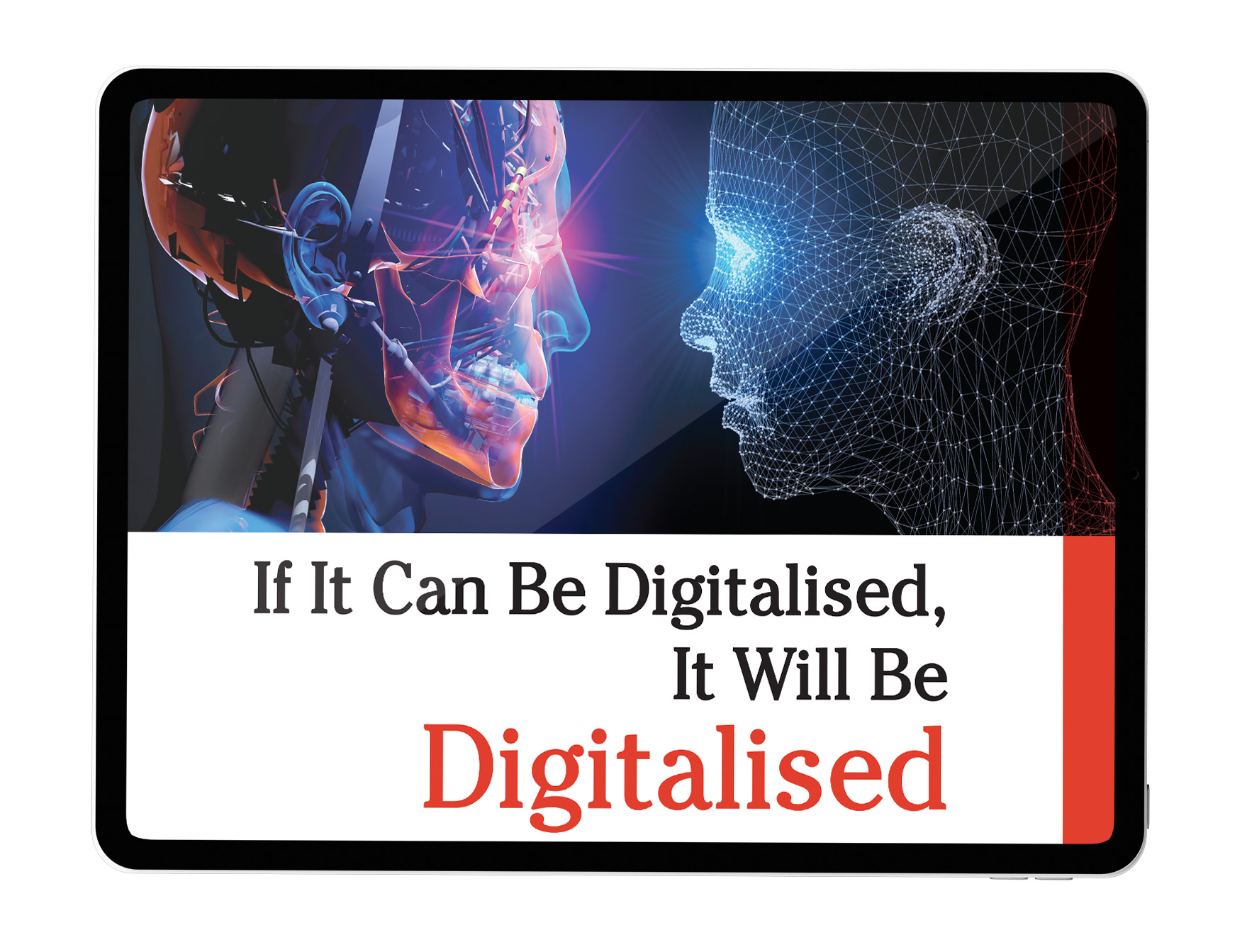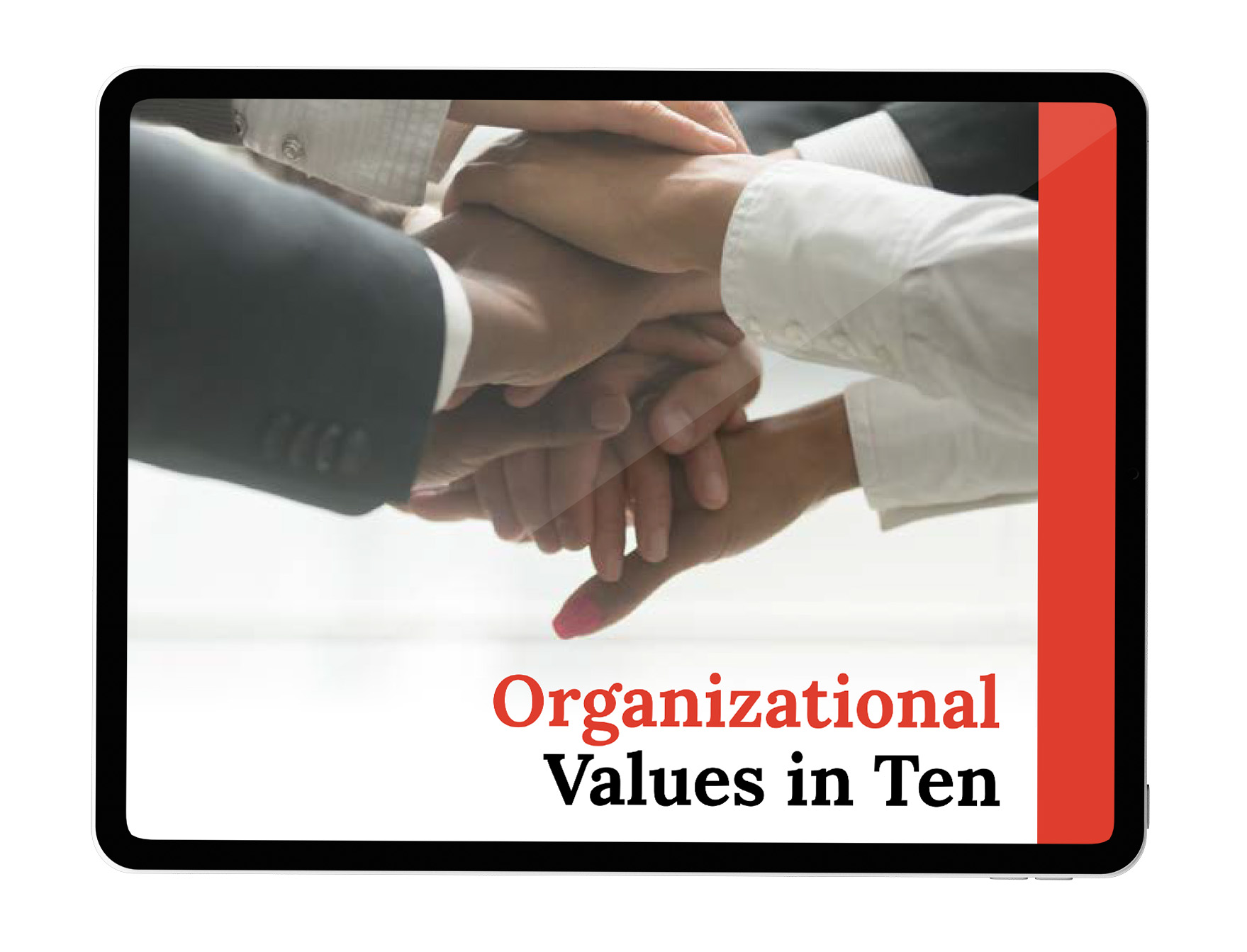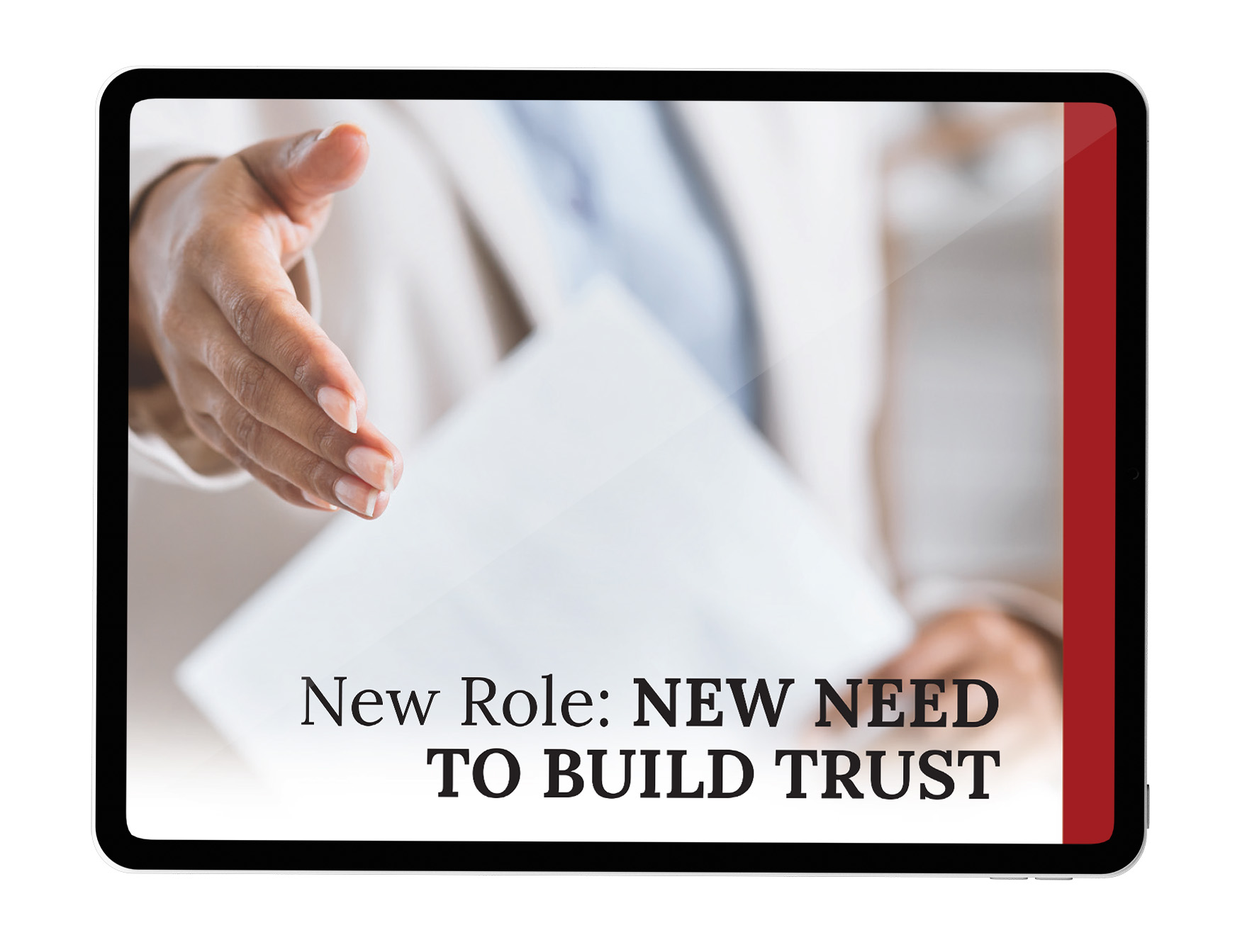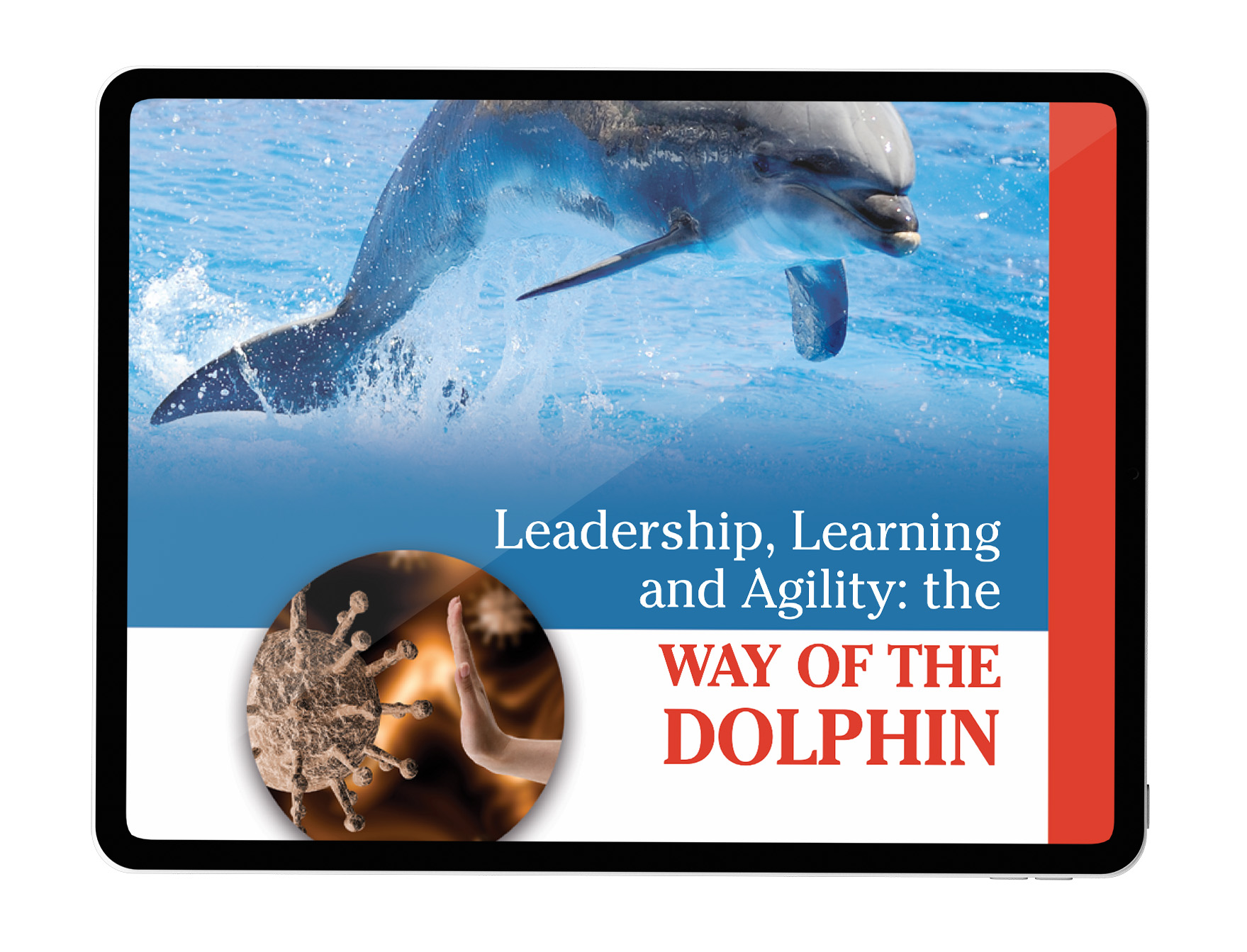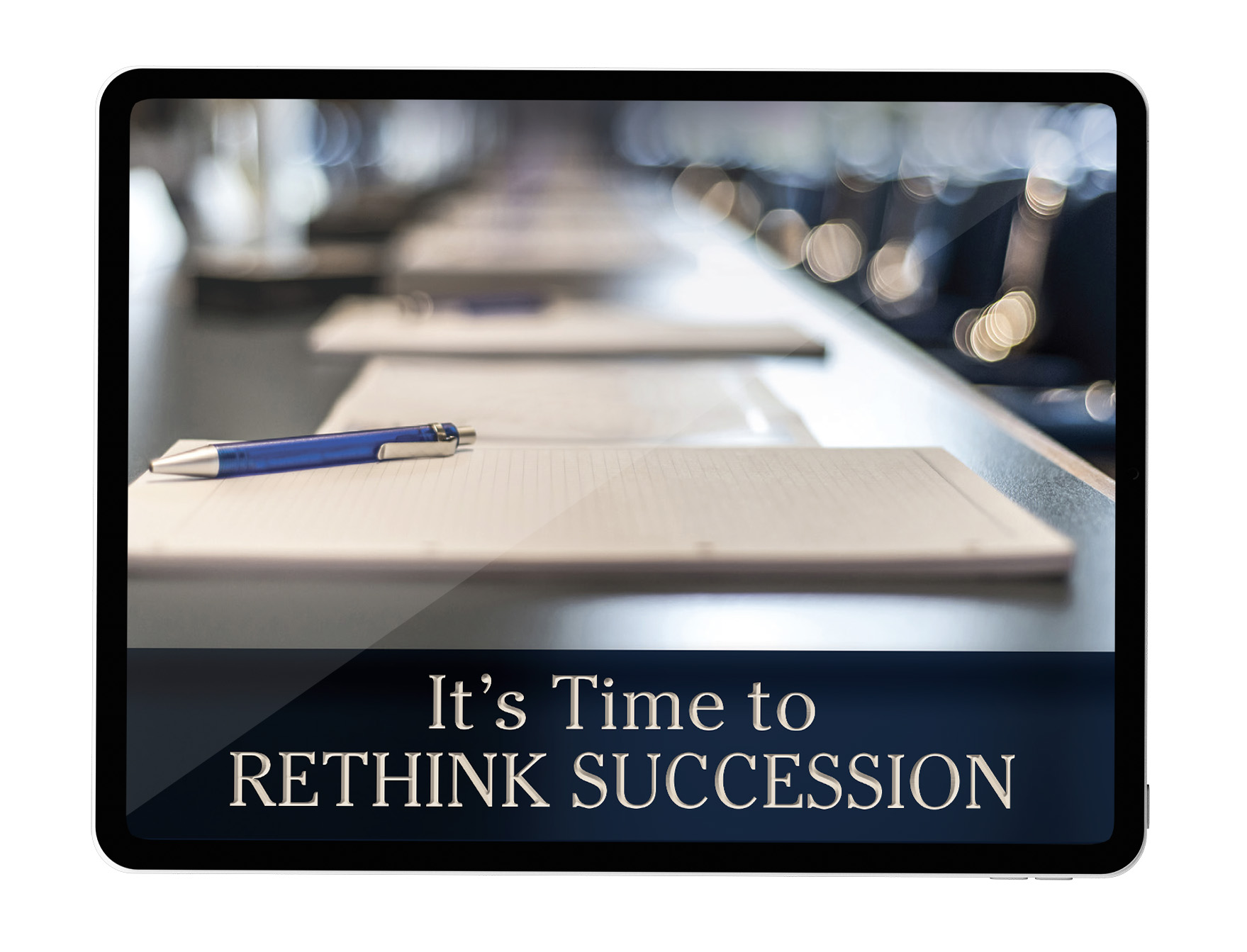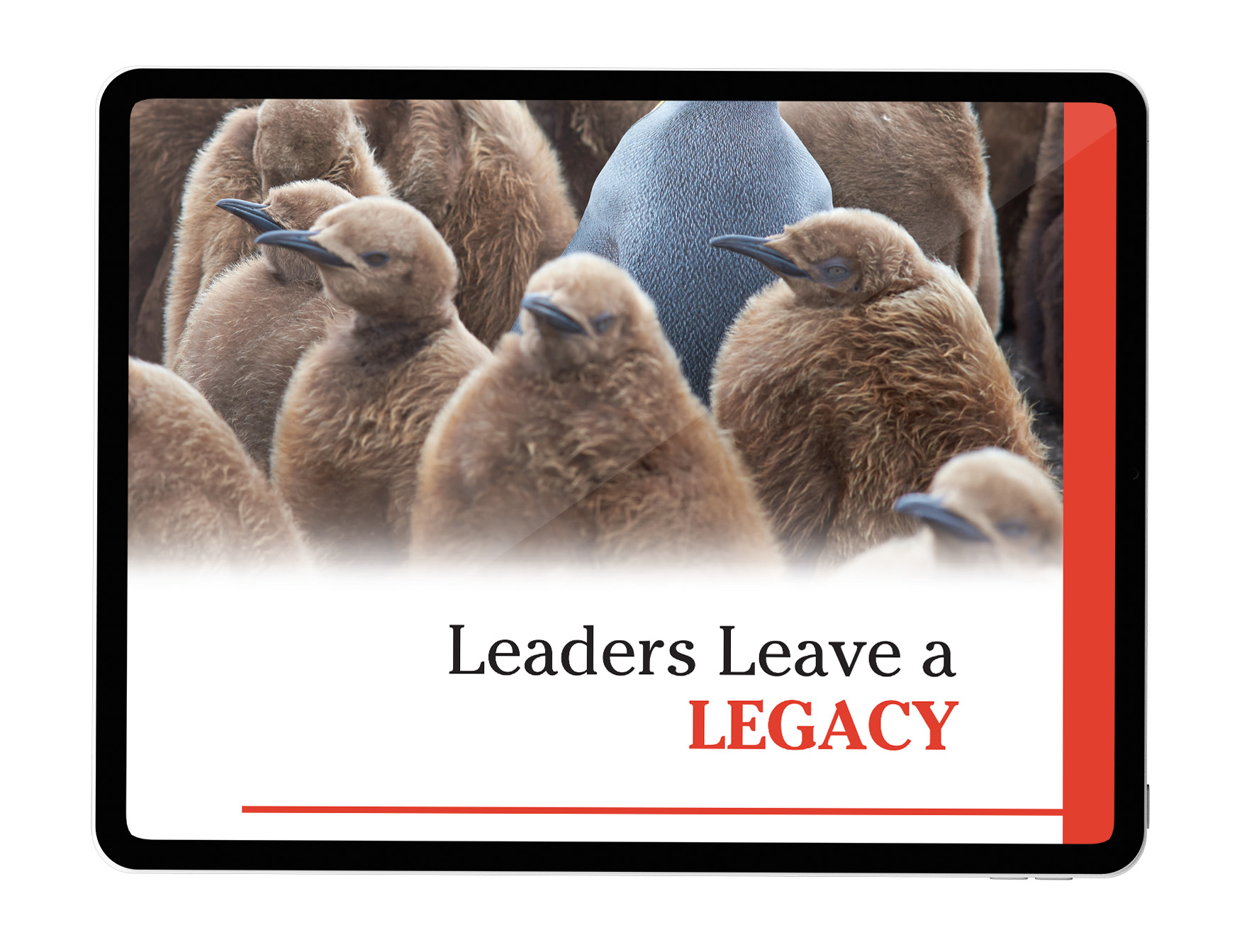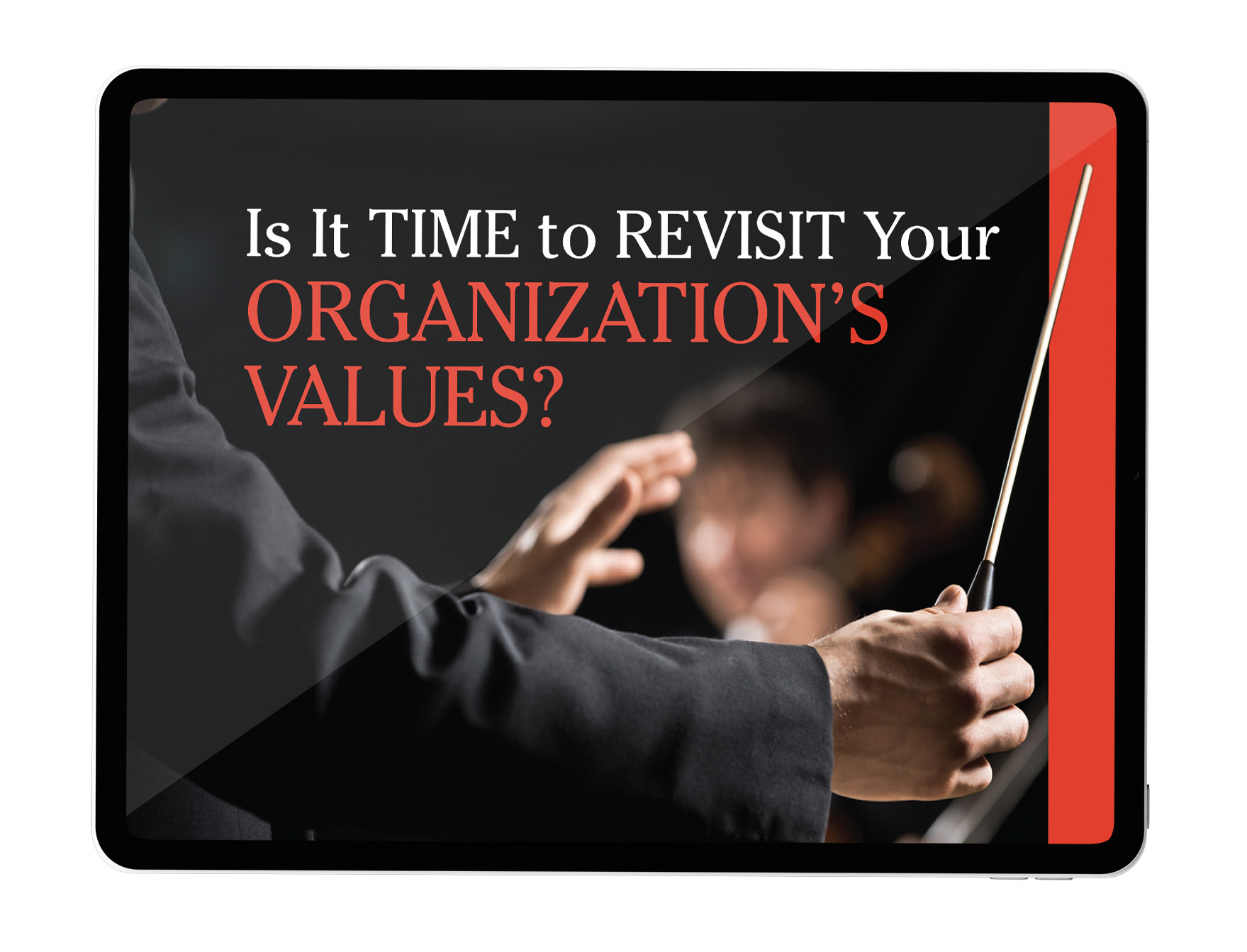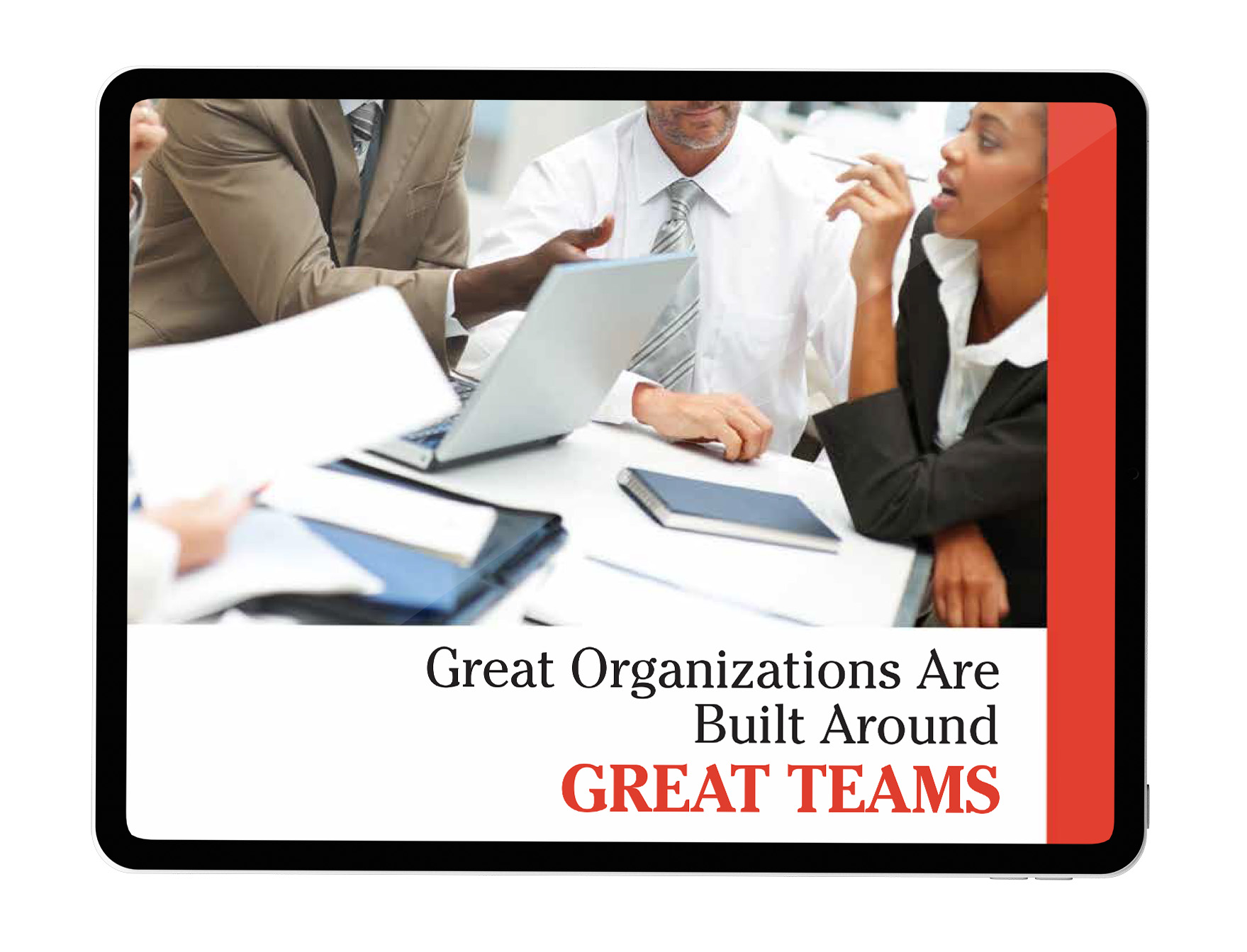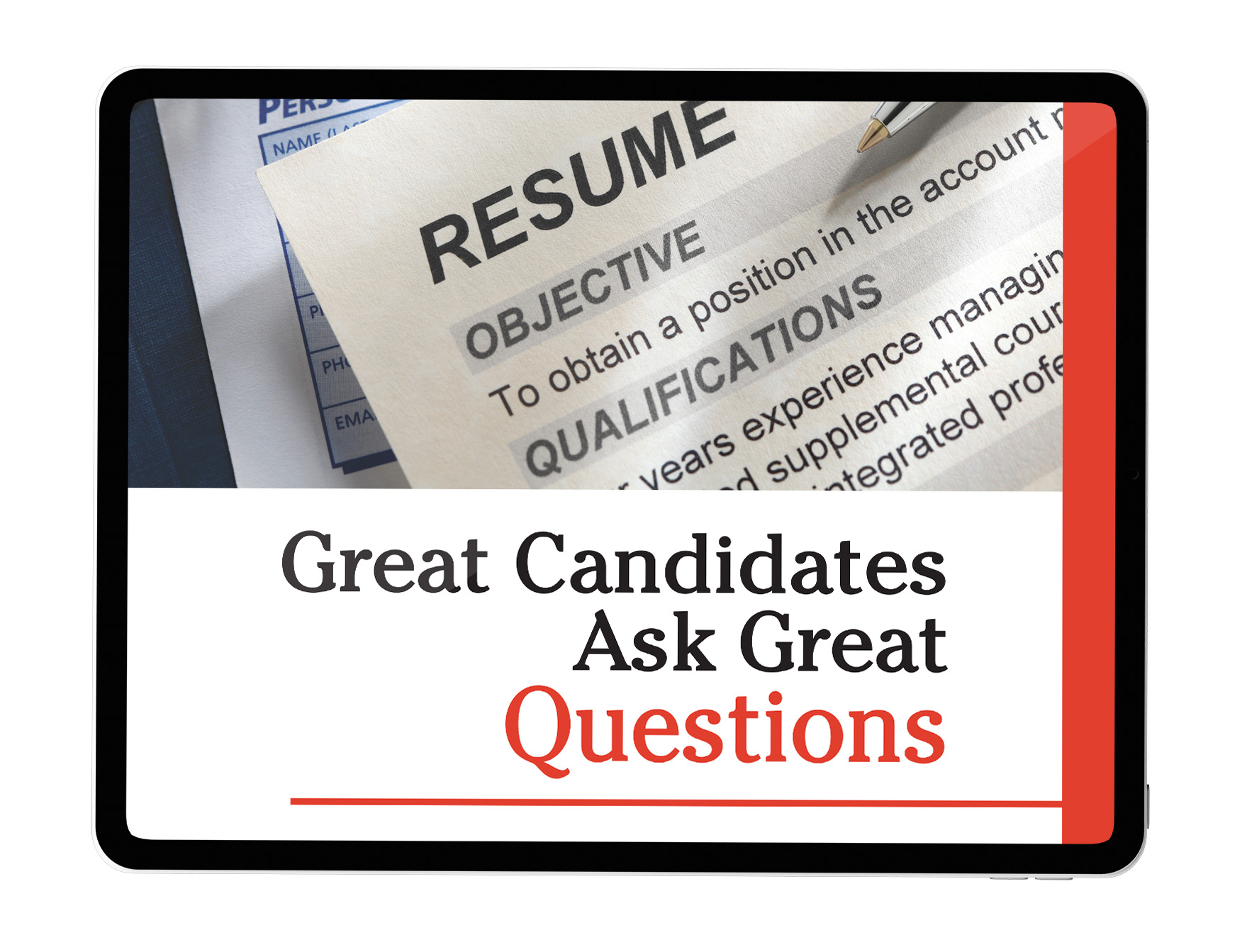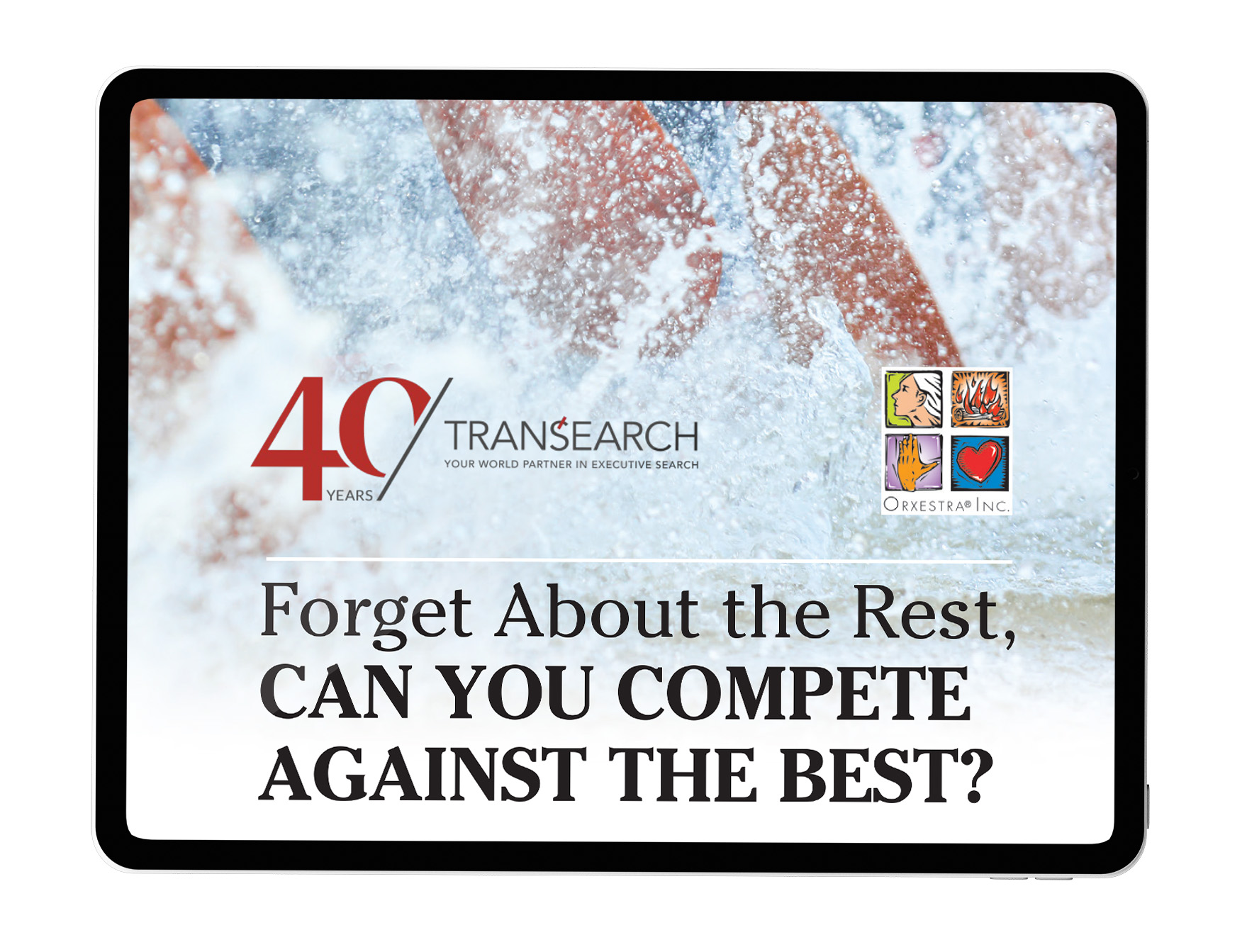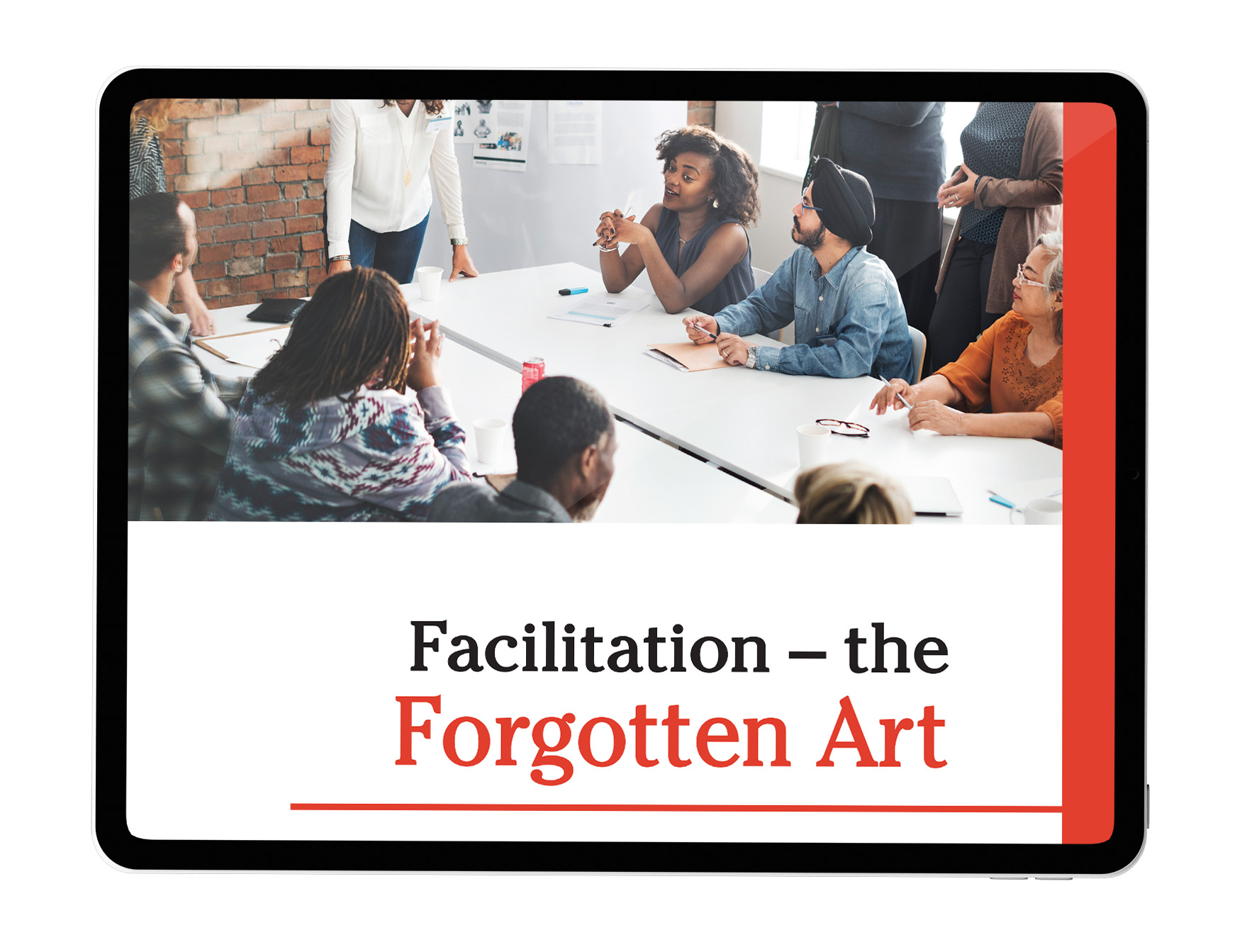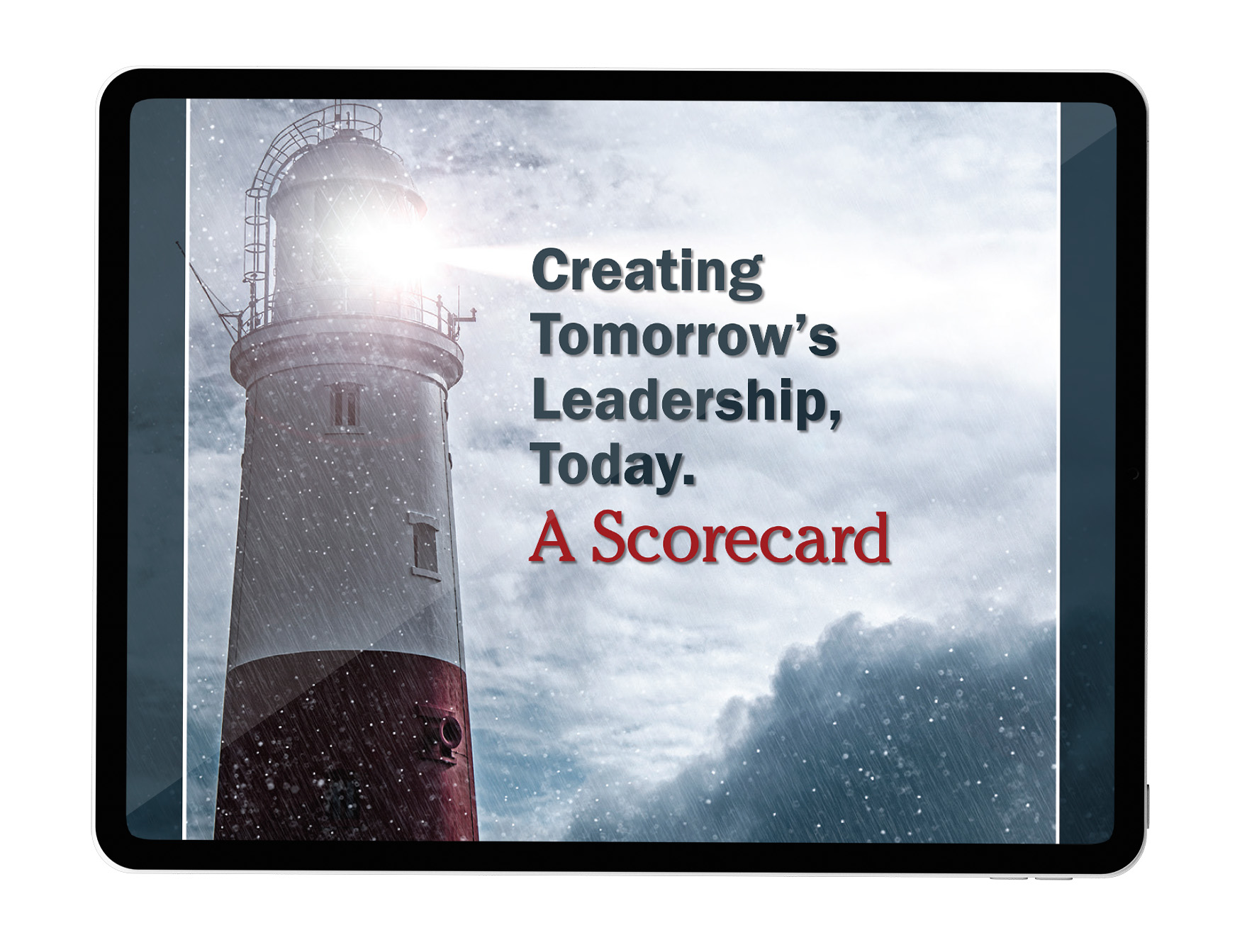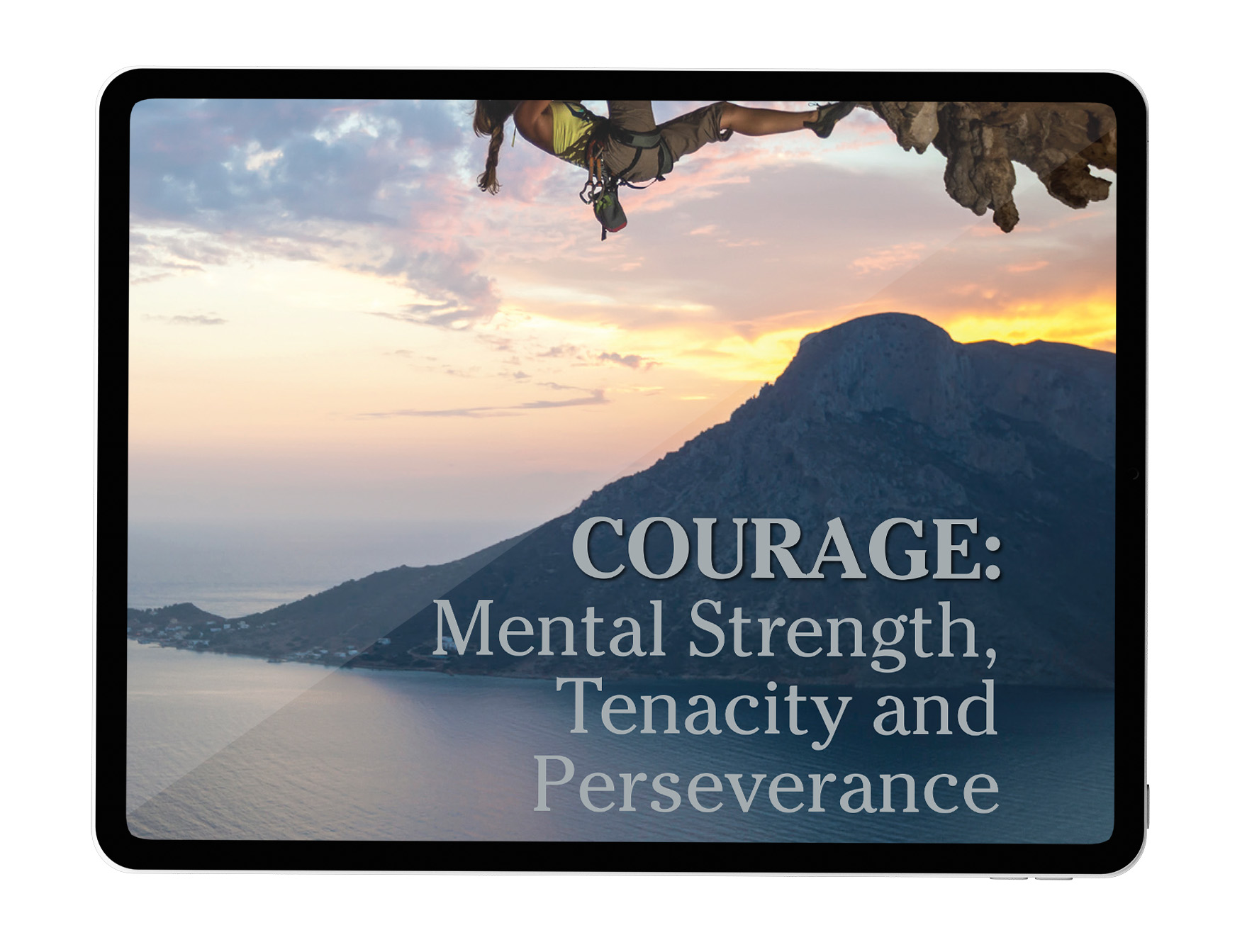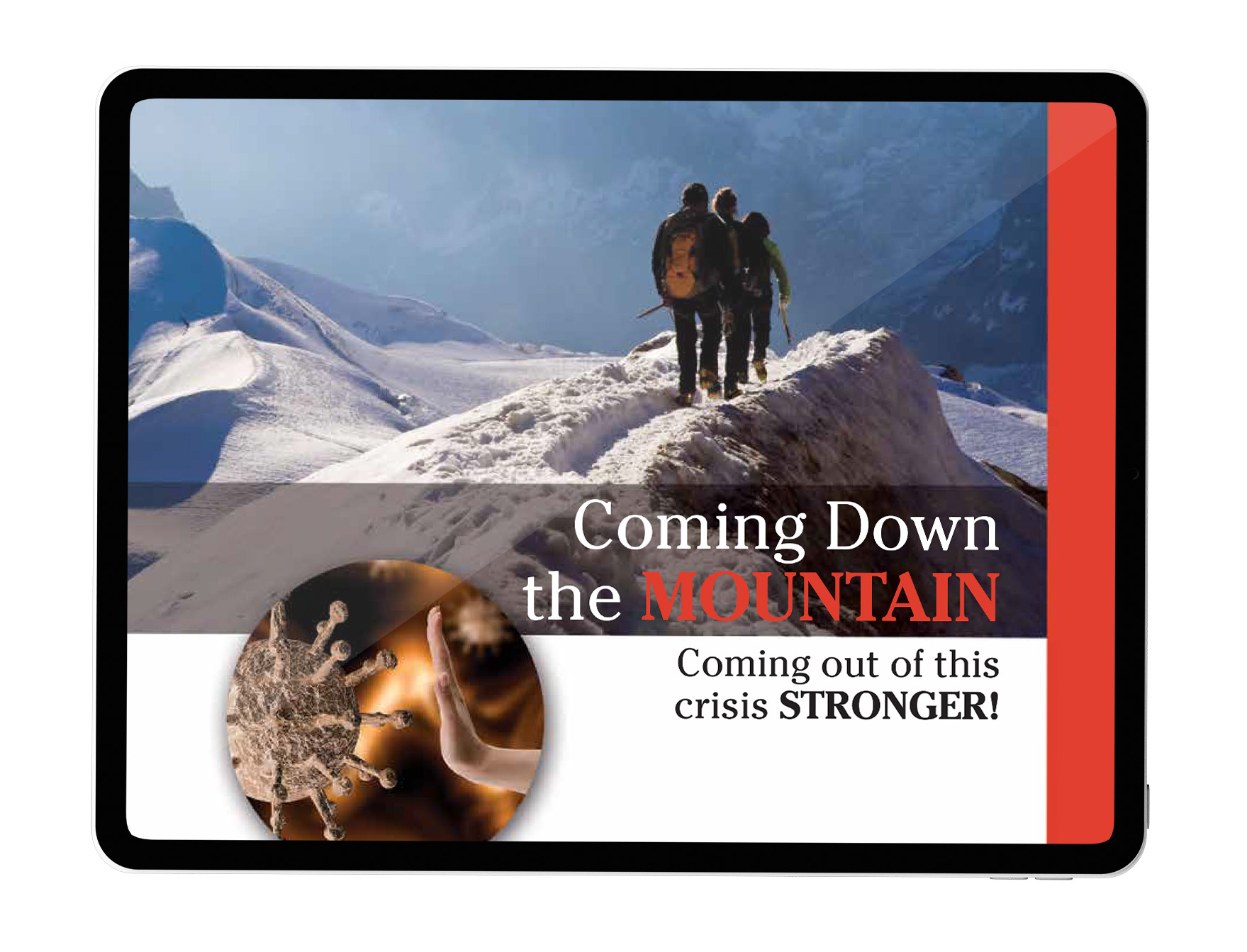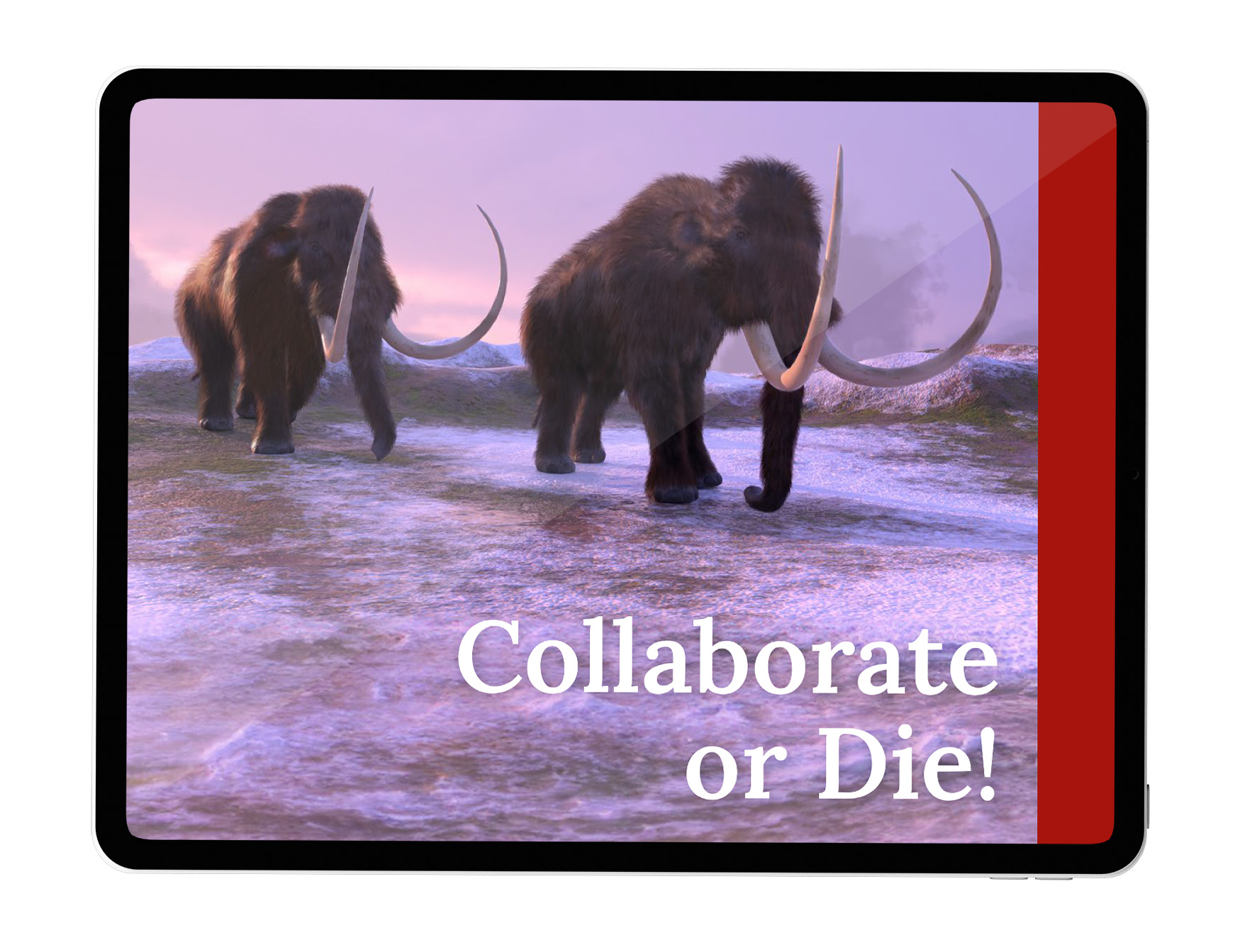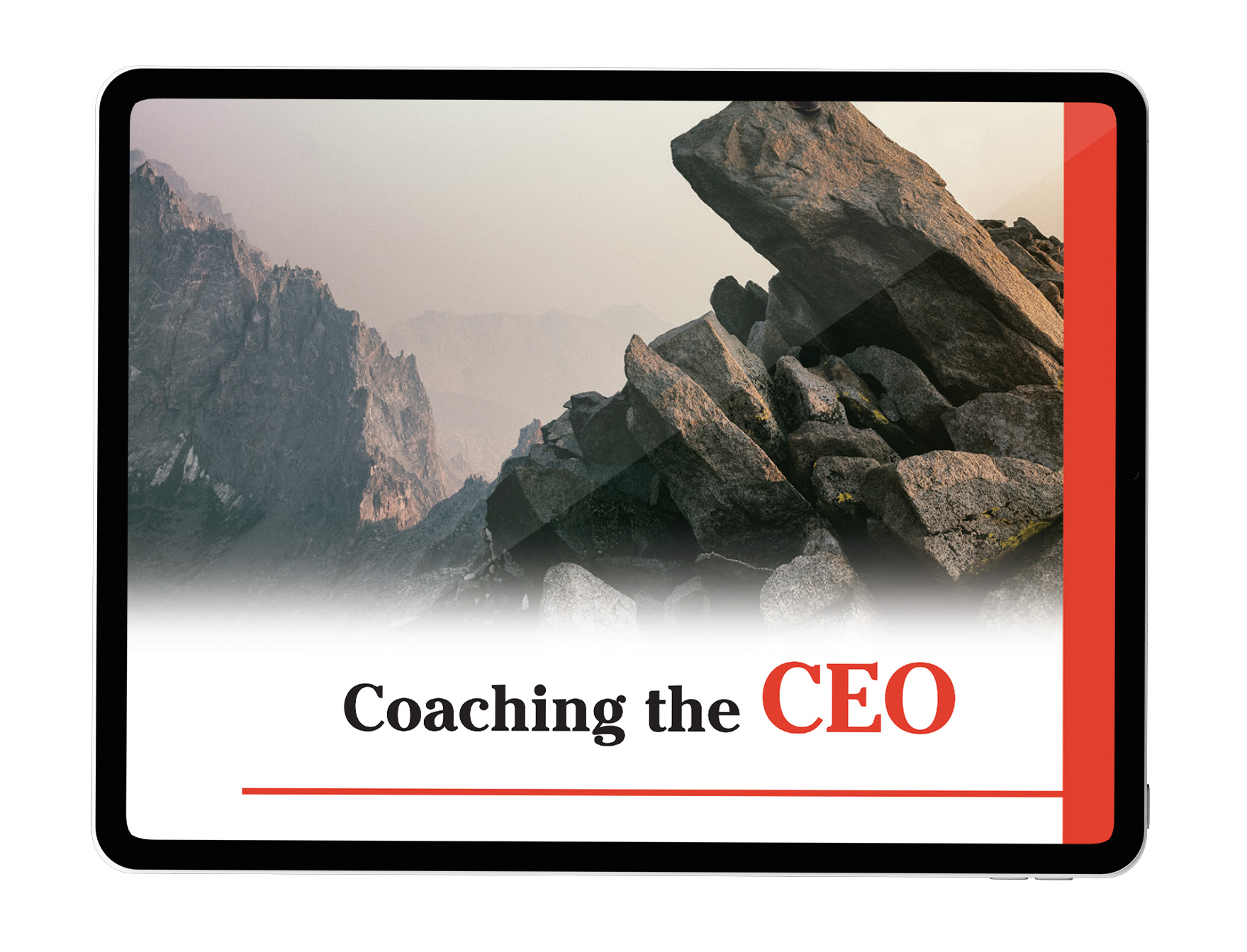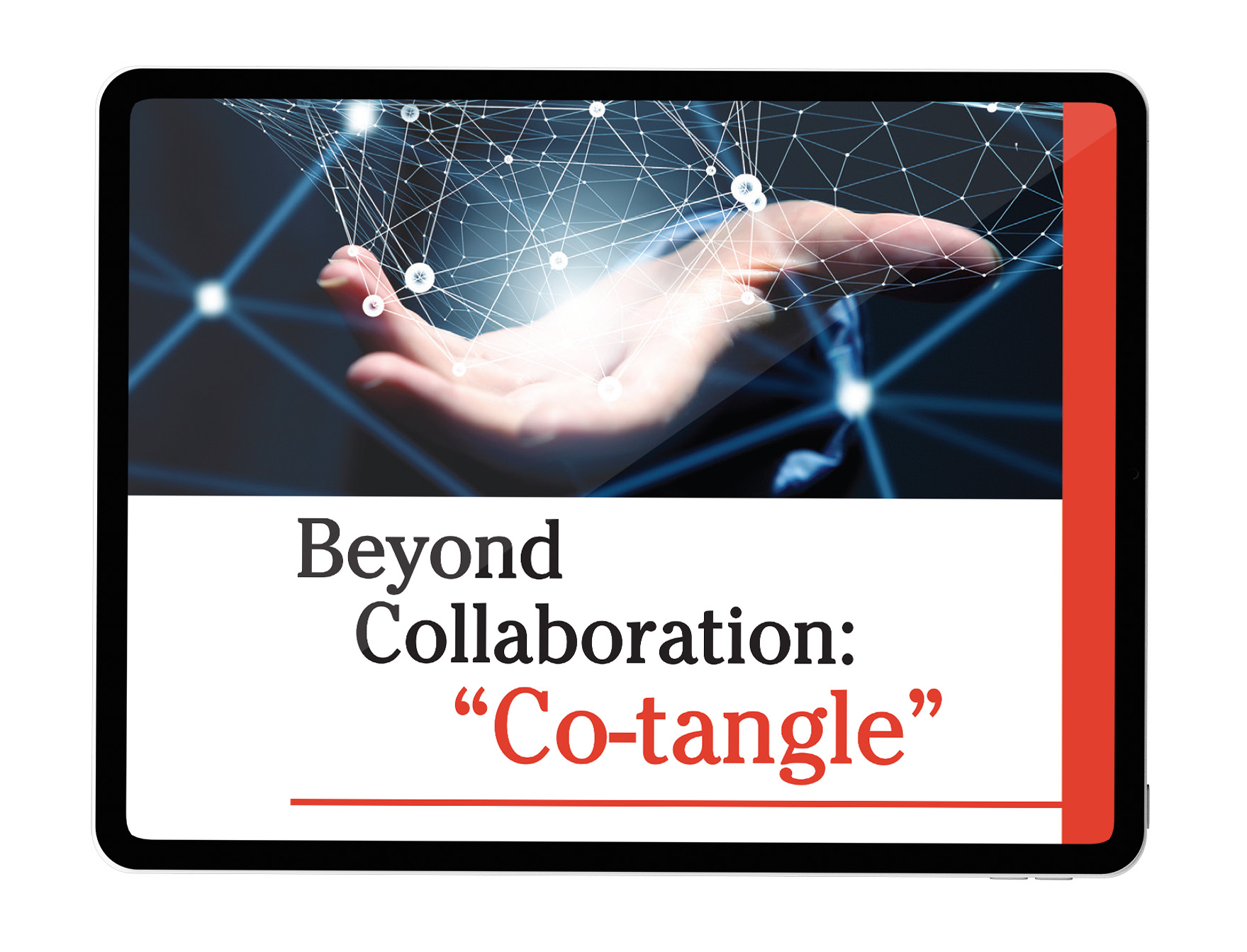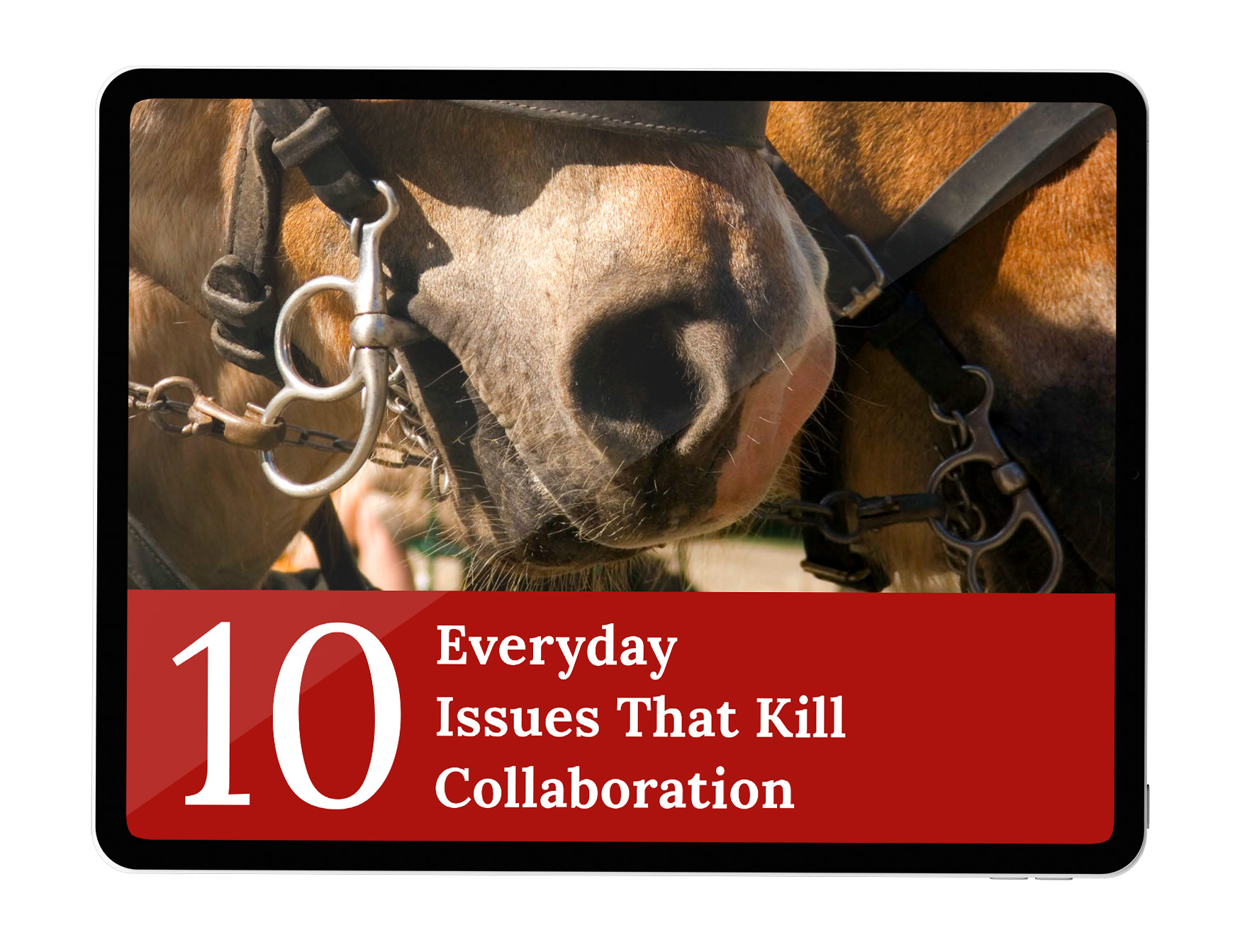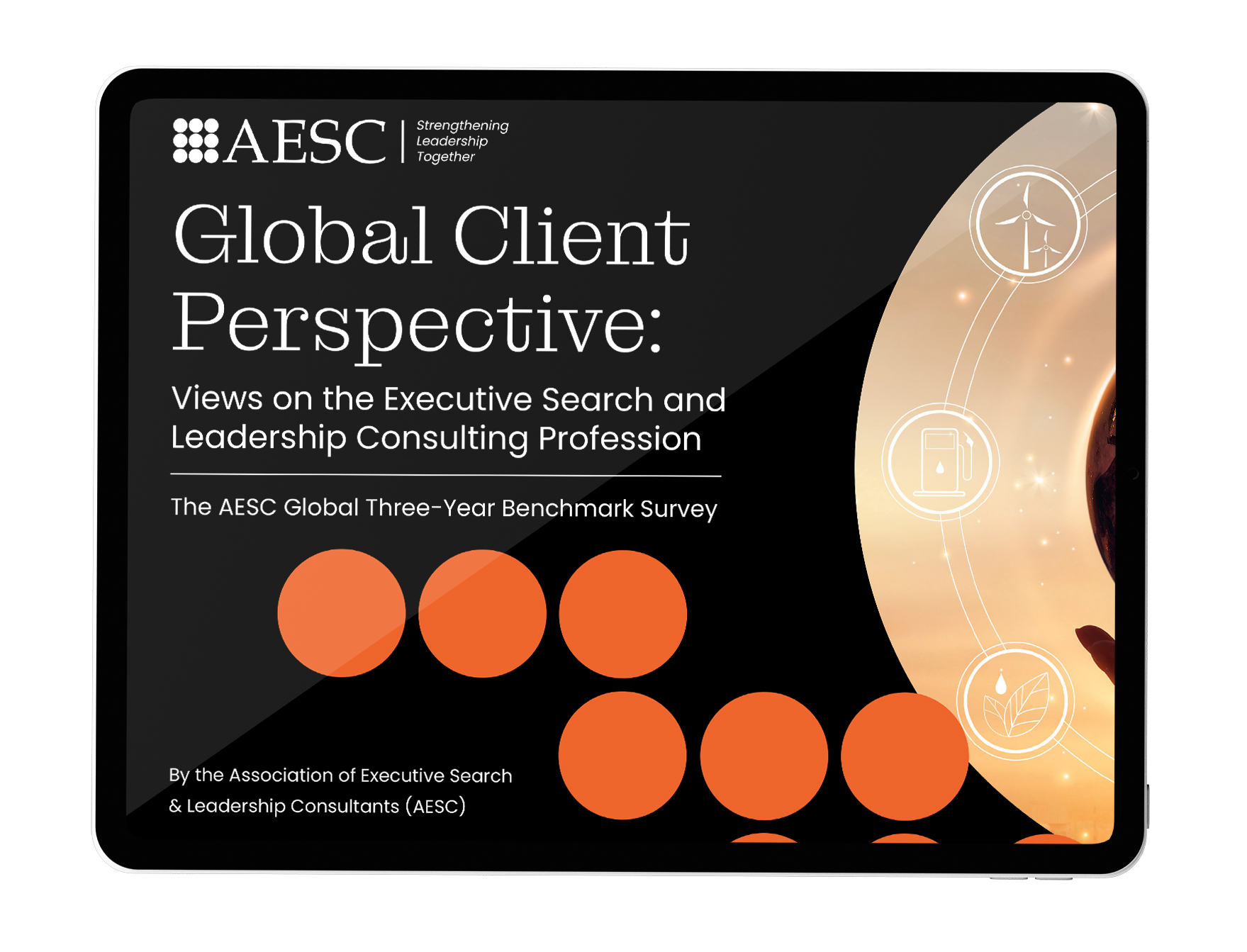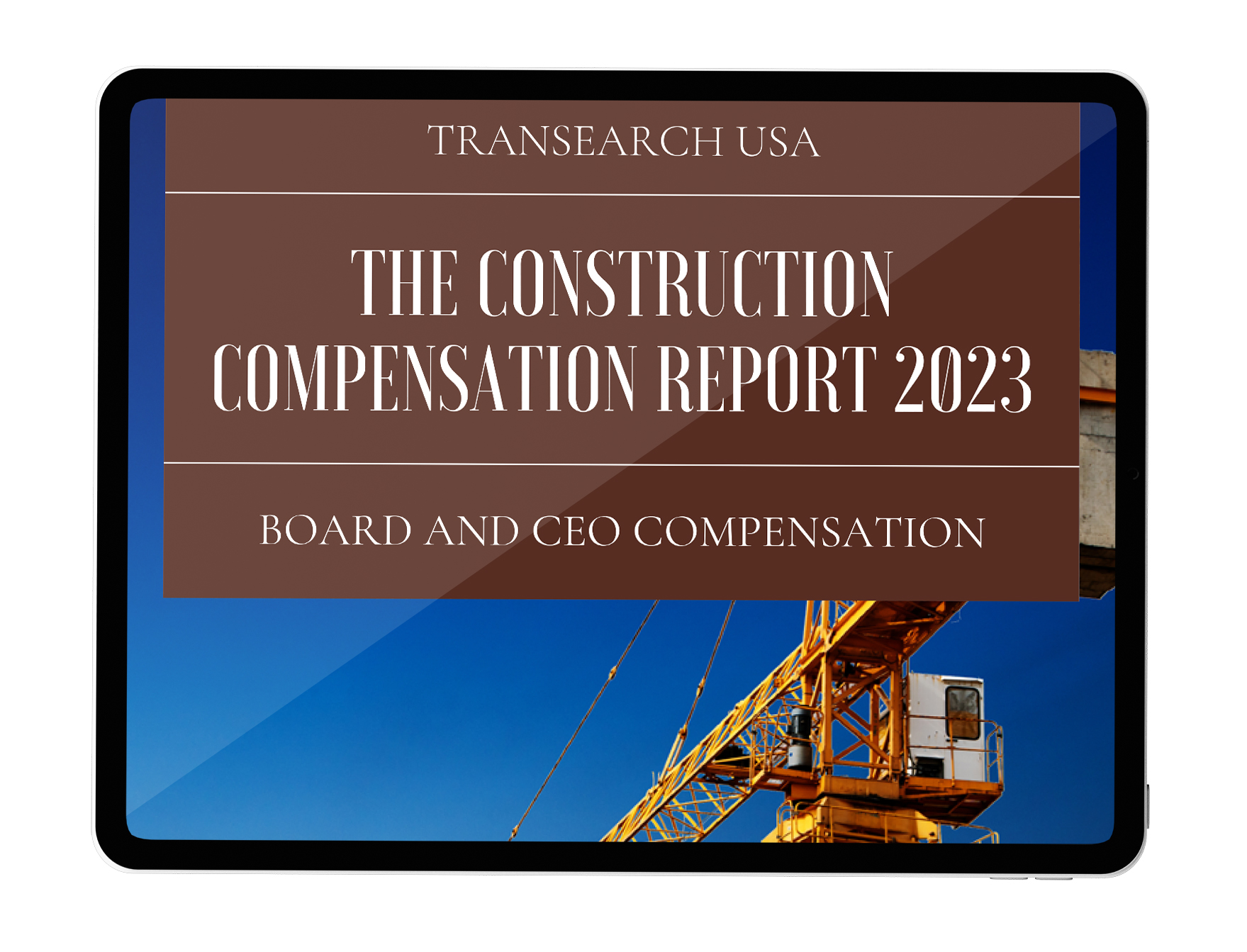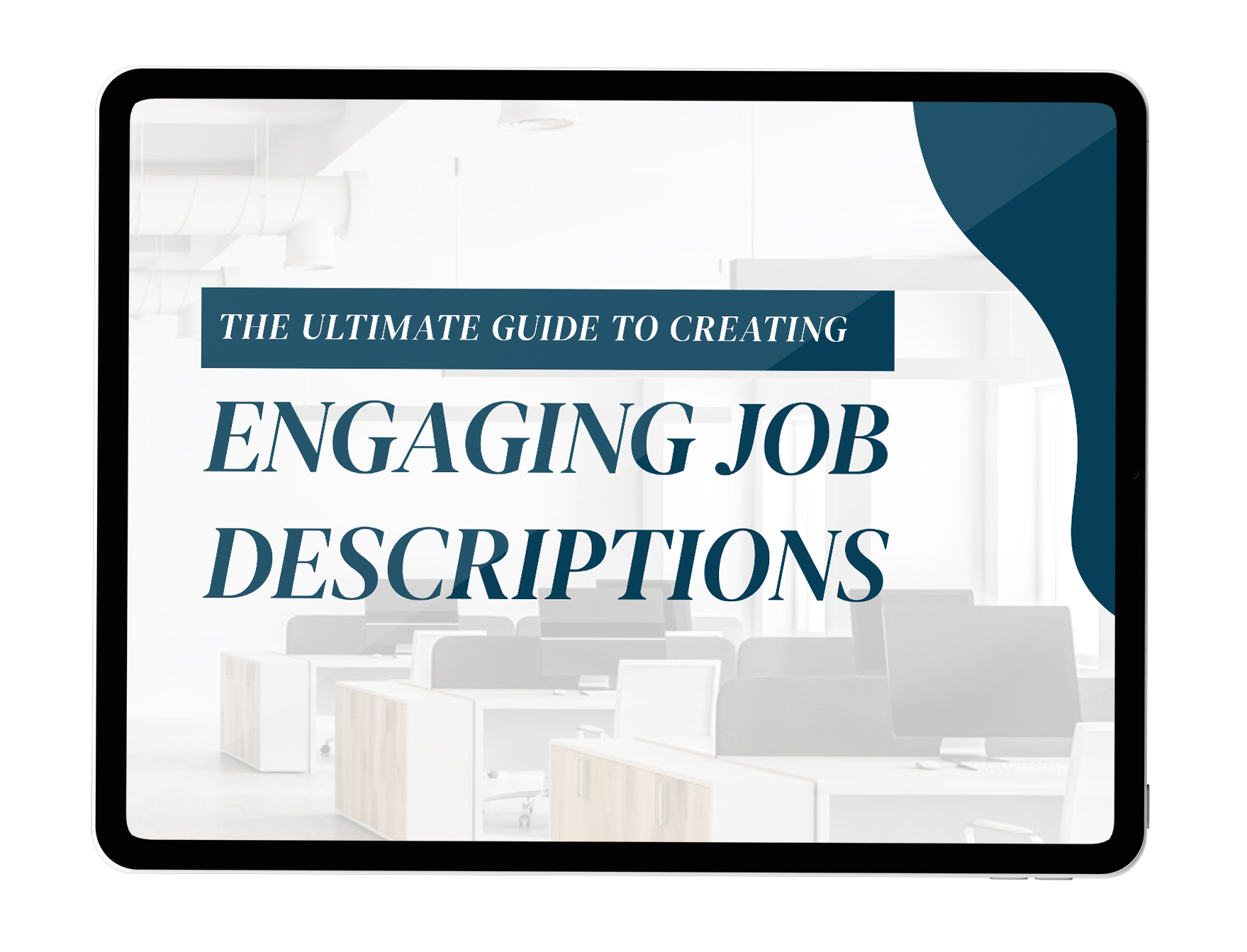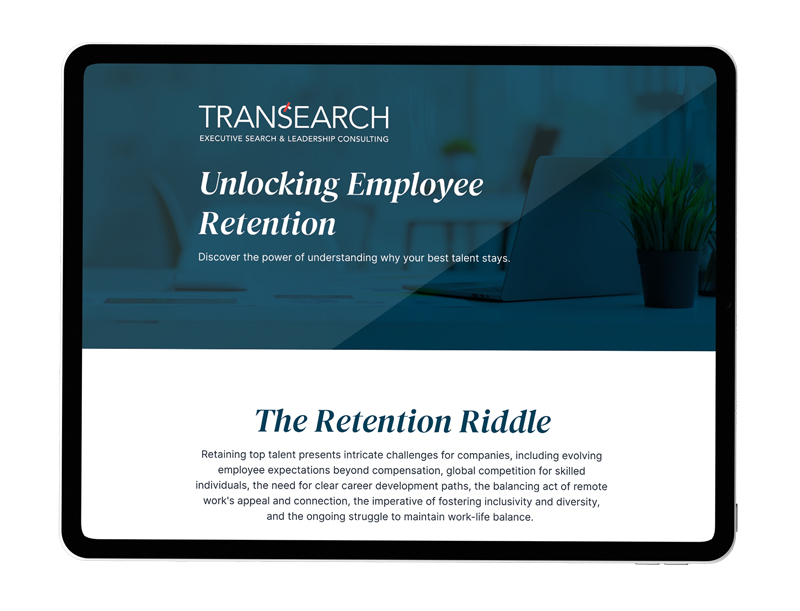Hiring the right candidate is one of the employers’ most important decisions. However, when it comes to finding the right person for the job, technical skills are essential, but it’s not the only thing that matters. Employers must consider several factors, including attitude, personality, and work ethic.
Often, employers face the challenge of bridging gaps between technical skills, which could prove vital in determining the best fit for an organization. Let’s explore how you can bridge gaps between technical skills to make the best hire possible:
Identify Technical Gaps
Hiring managers should identify the technical gaps that exist, identify which are crucial and choose between narrowing the gaps or having subsequent training programs in place.
It may sometimes be better to identify a candidate with transferable skills and train them in the missing technical area. Sometimes technical skills may be lacking, but the candidate has substantial hands-on experience in the field.
It’s essential to keep an open mind when sourcing candidates.
Communication Skills
Soft skills are just as important as technical skills, and it’s vital to access these qualities as well. Communication is key to having a successful team, and identifying candidates with excellent communication skills improves teamwork and productivity within an organization.
Communication skills are increasingly important in a rapidly changing workplace where everyone is expected to be able to work well together.
Culture Fit
An important factor to consider during recruitment is the candidate’s fit within the existing company culture. A candidate with superior technical skills and experience may not be the right fit because they don’t align with the company’s values. On the other hand, a candidate who supports the company’s culture can make significant contributions through innovation and improved collaboration within the team.
To learn more about the importance of Culture Fit and how to assess it, click here.
Assessing Potential
Employers should also take into consideration candidate potential. Hire candidates whose abilities and strengths are apparent. Using personality and cognitive assessments, organizations can determine the likelihood that an employee will adapt quickly to the job’s requirements while demonstrating a strong work ethic and natural curiosity.
Hiring for the Long Term
Employers must hire with the long term in mind. Anticipate the organization’s future and hire for the expected developments, not just for the immediate need. It’s safe to hire adaptable, flexible individuals who demonstrate the potential to grow. These qualities are vital to helping the team through future growth and development.
Recruiting and hiring the right employees can be a challenge for any organization. Hiring for technical skills is essential, but hiring for soft skills and company culture can make all the difference.
The most successful team comprises individuals who work together and complement each other’s strengths, regardless of their proficiency in a specific technical field. Therefore, it’s wise to bridge gaps between technical skills through training, assessing communication skills, assessing potential, being mindful of company culture, and hiring for the long term.
By following these tips, you can make the best hire for your organization and build a strong, productive team.













